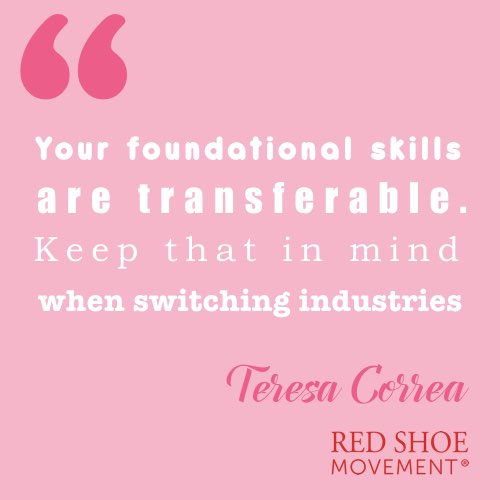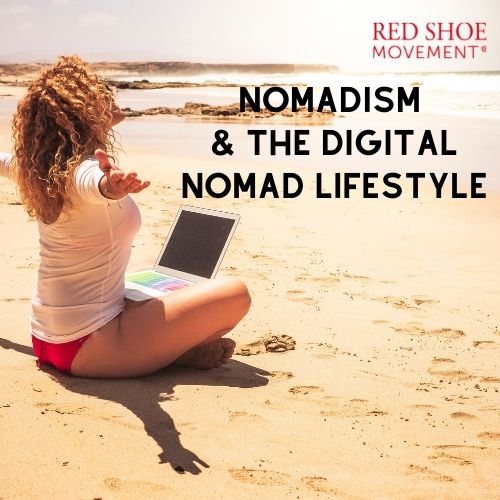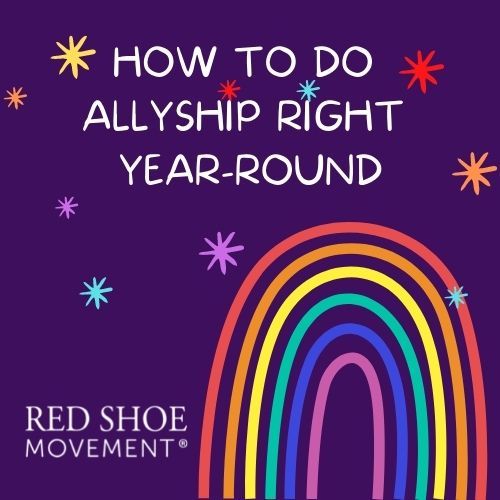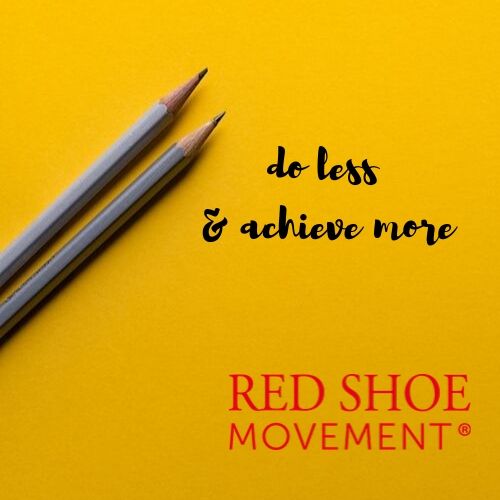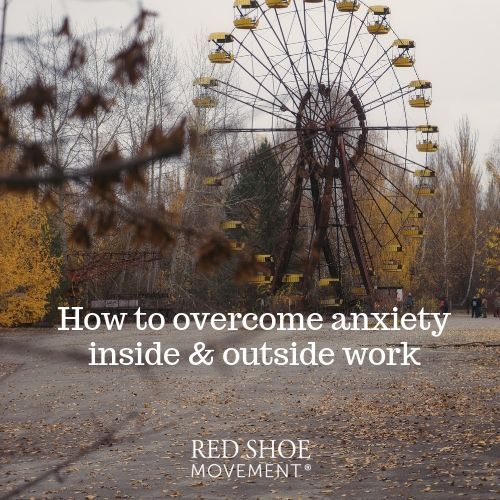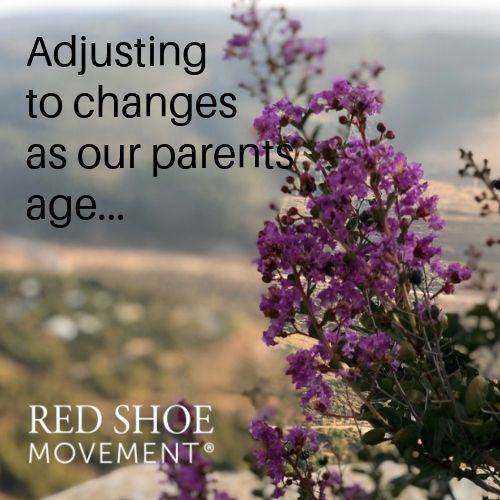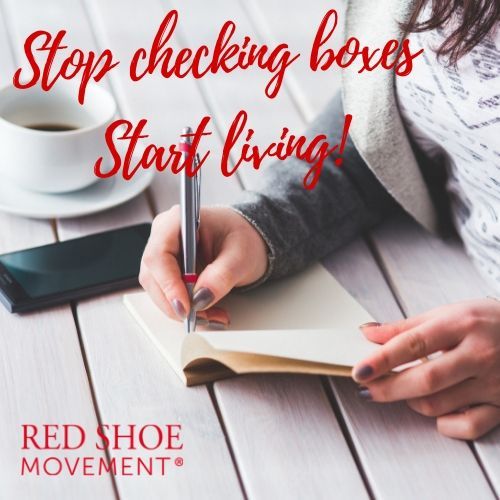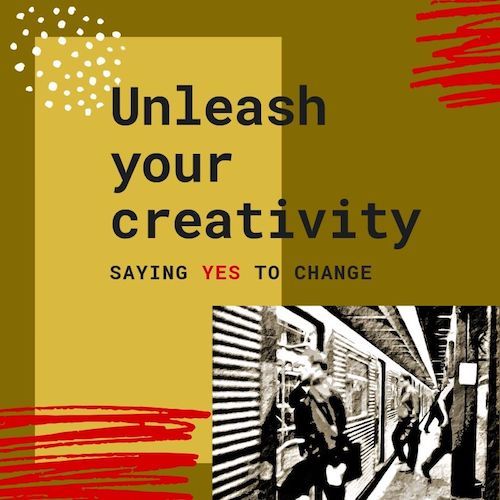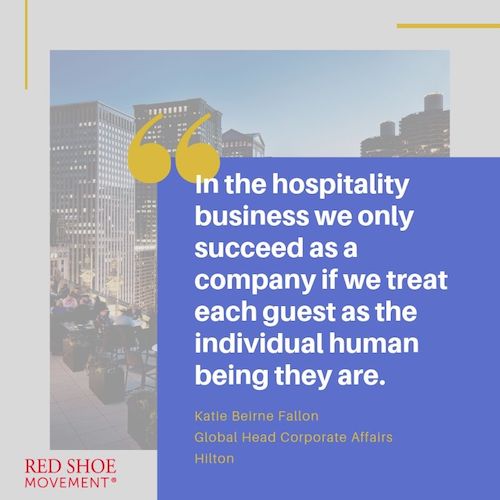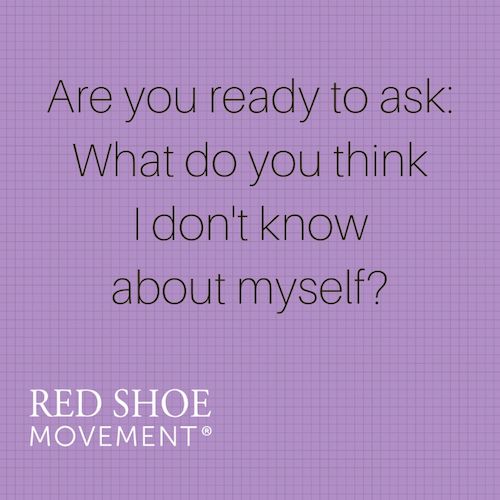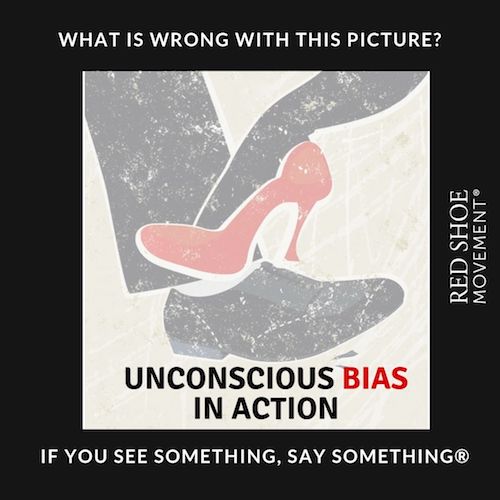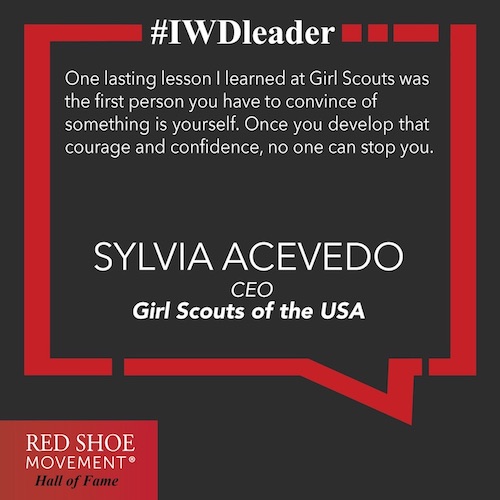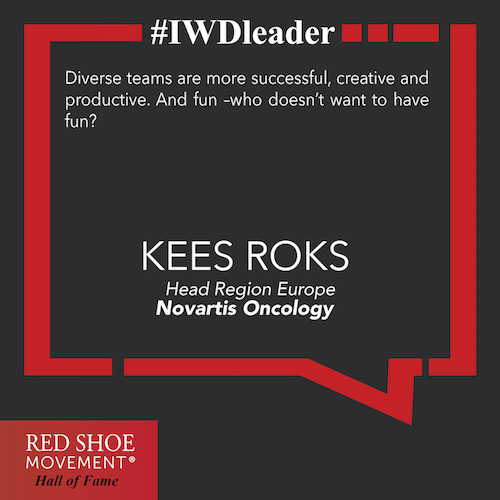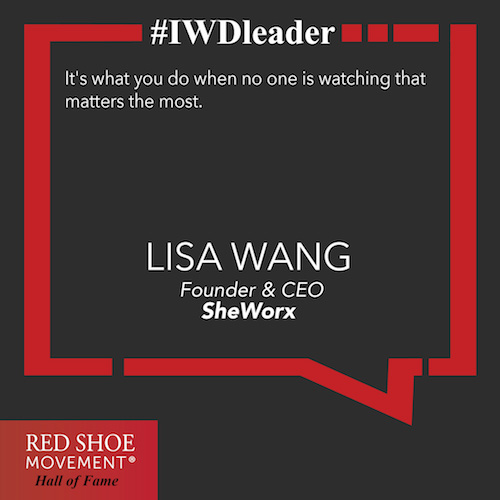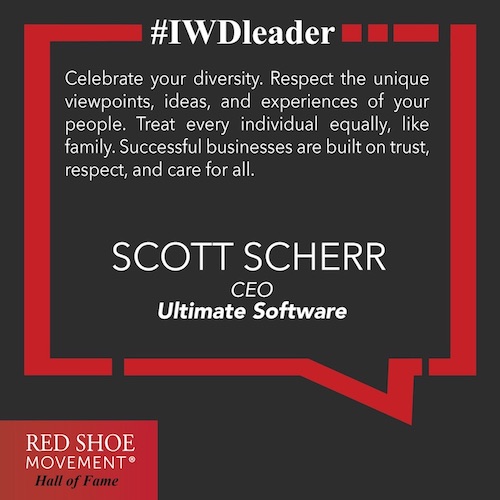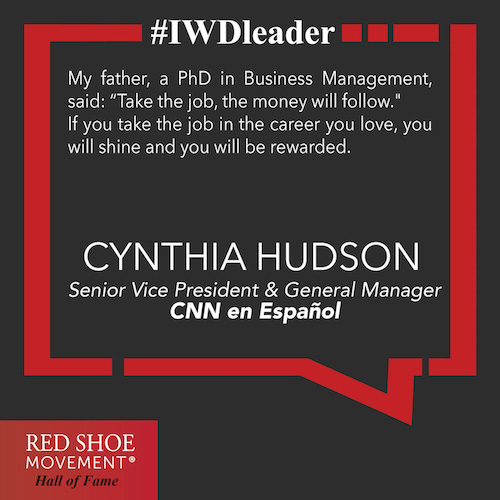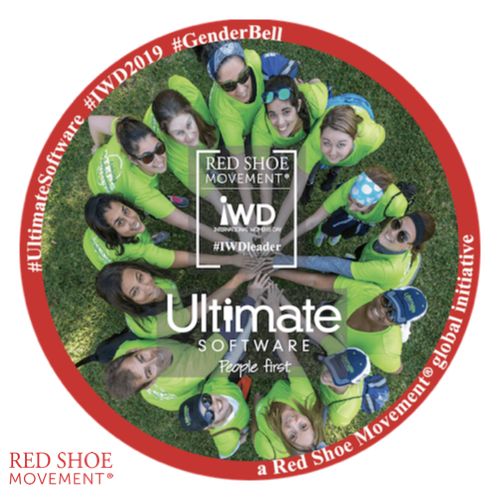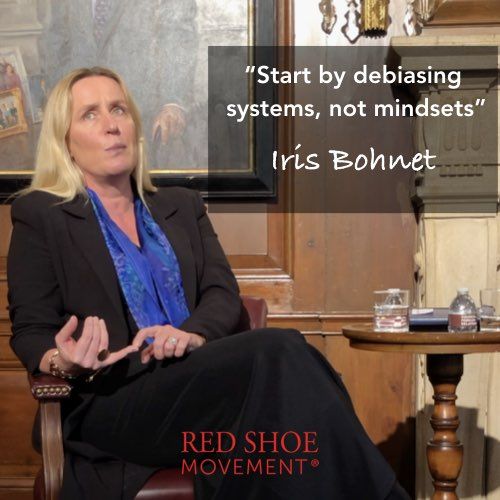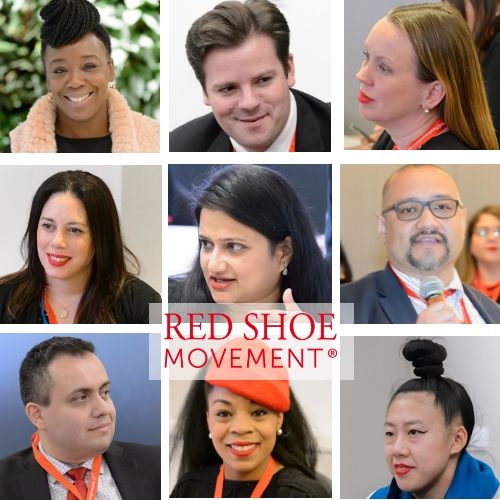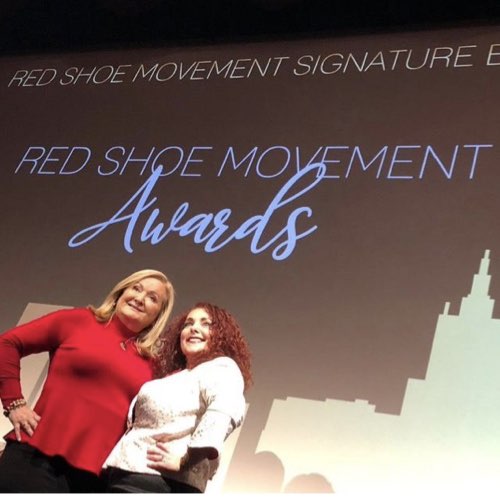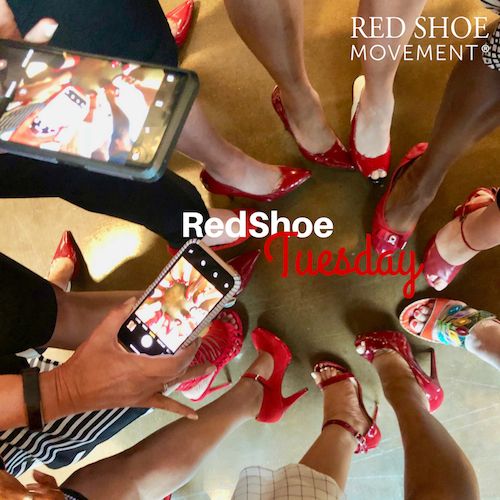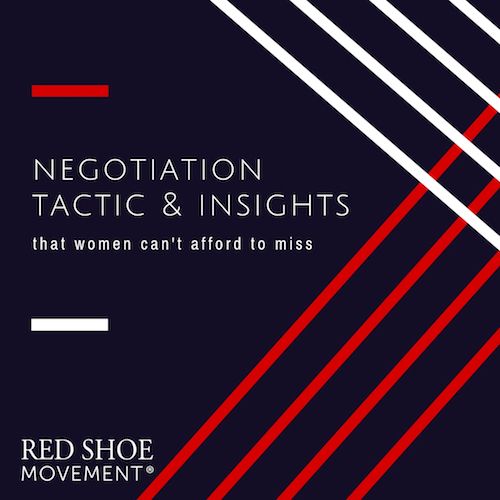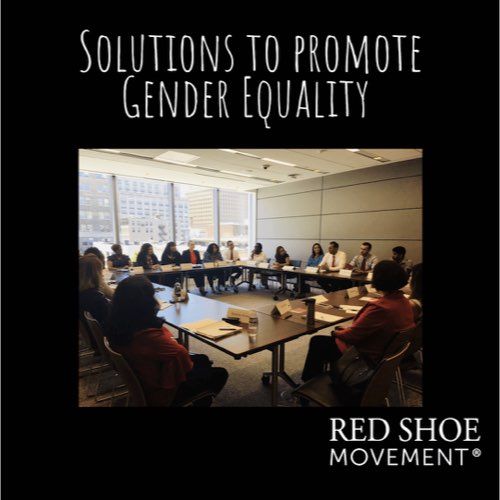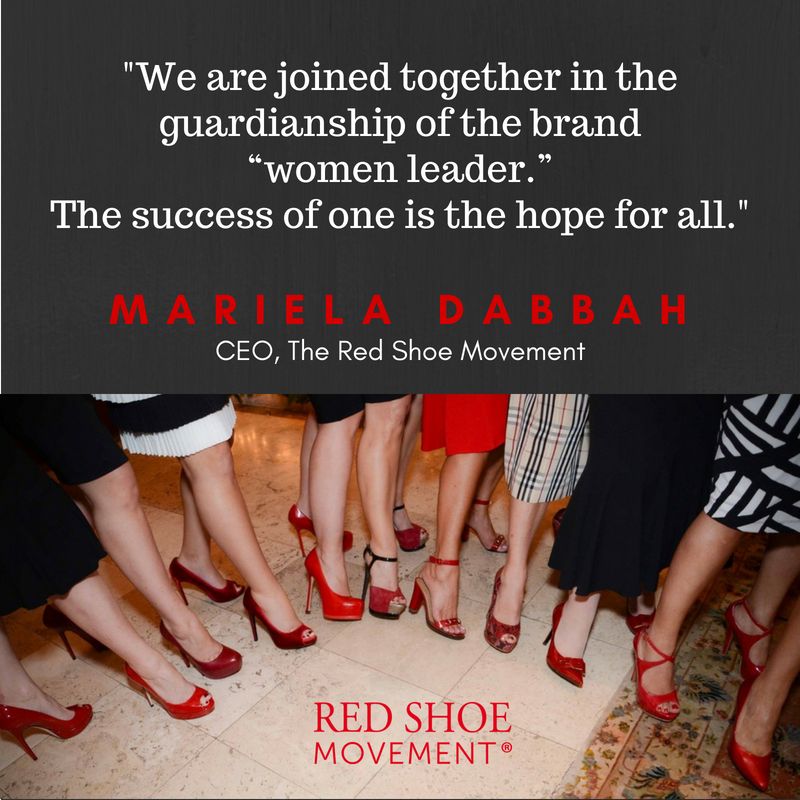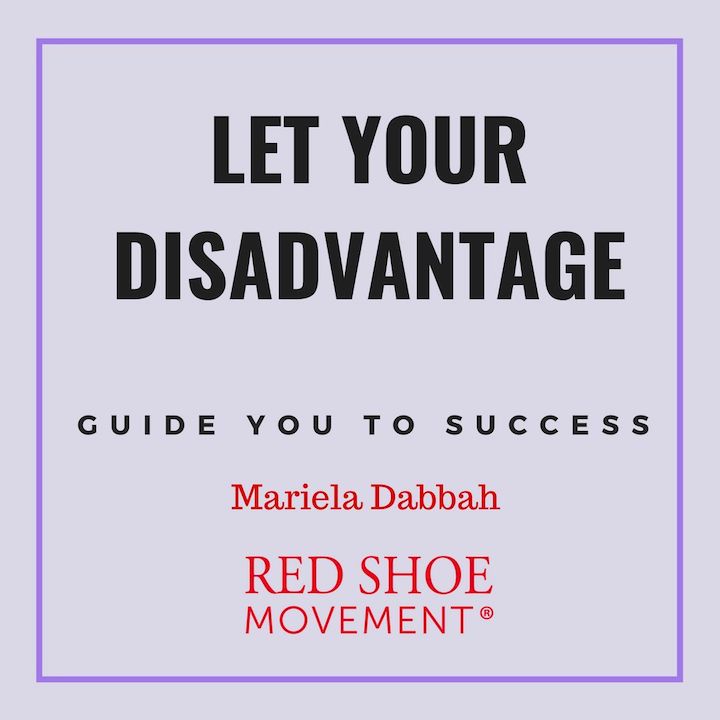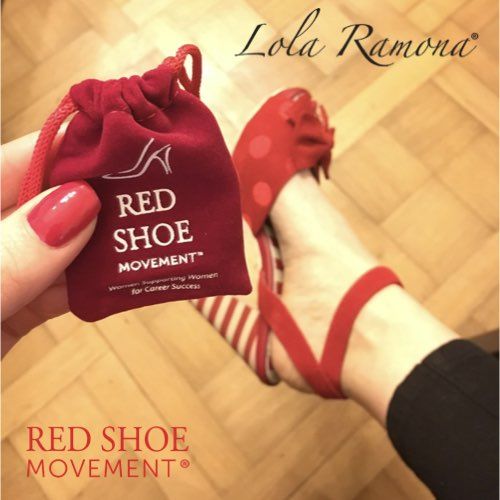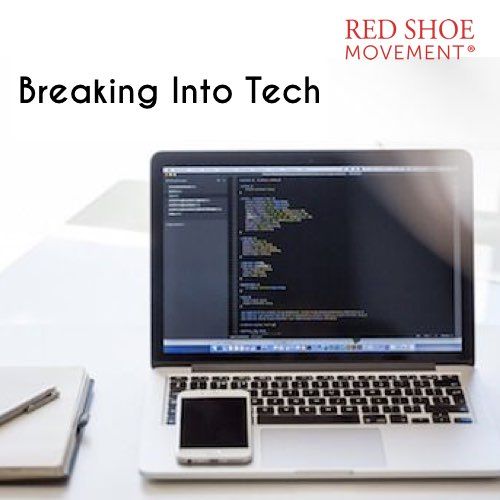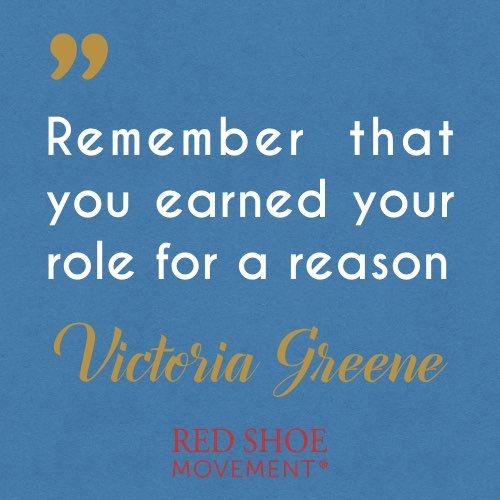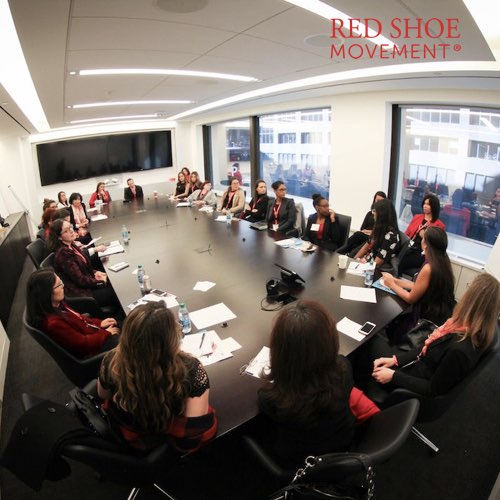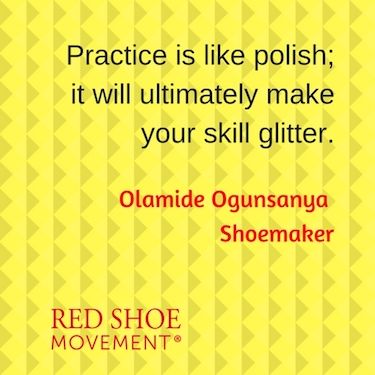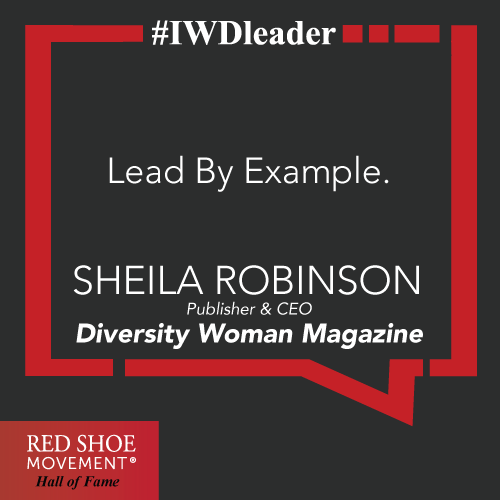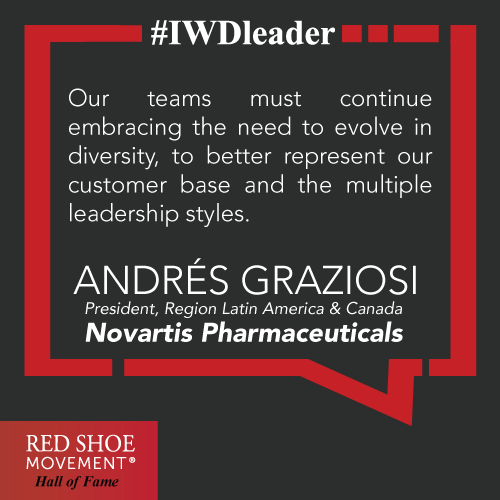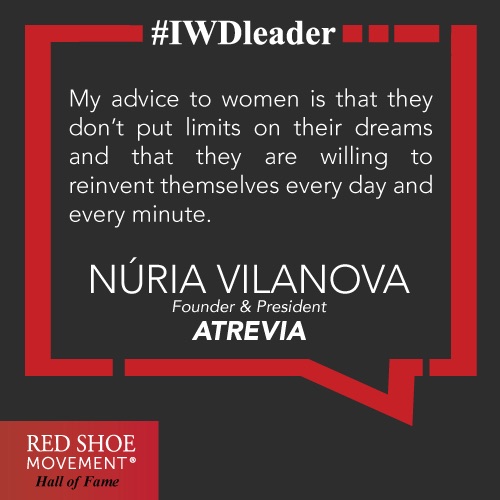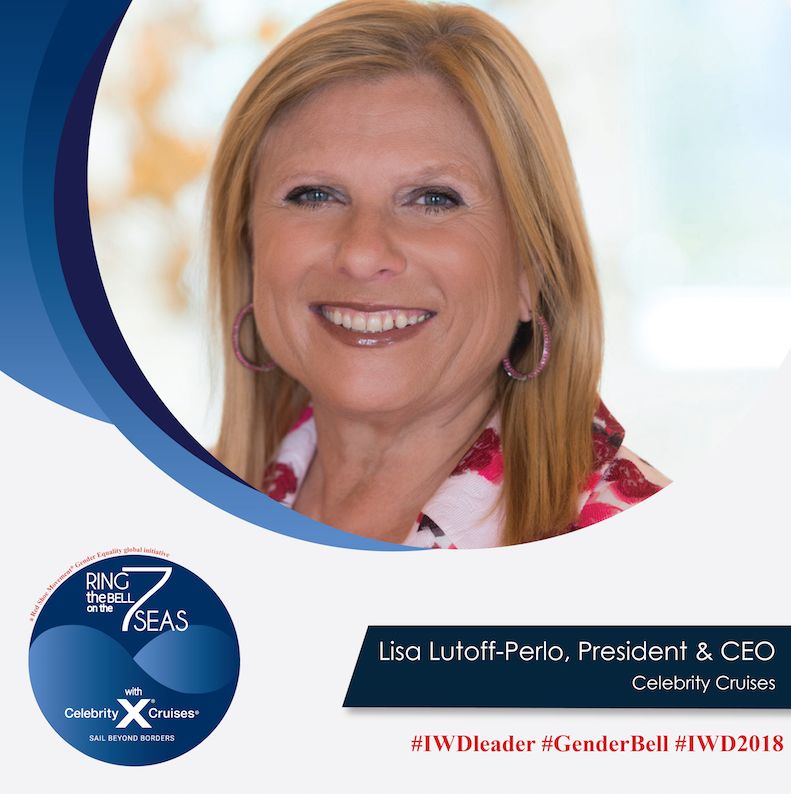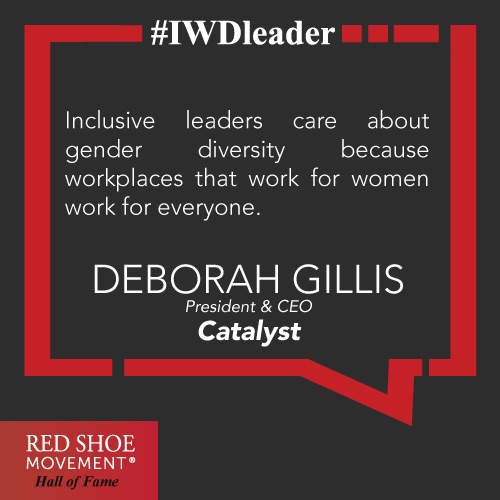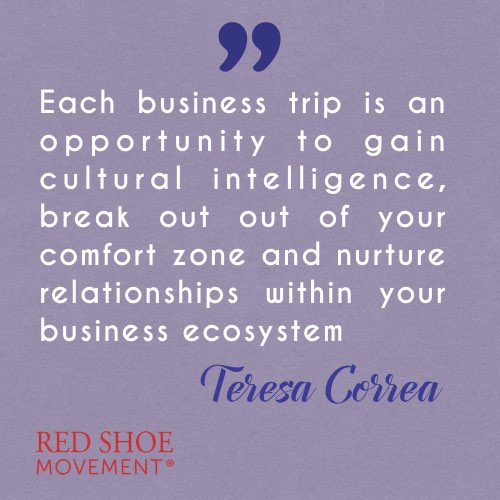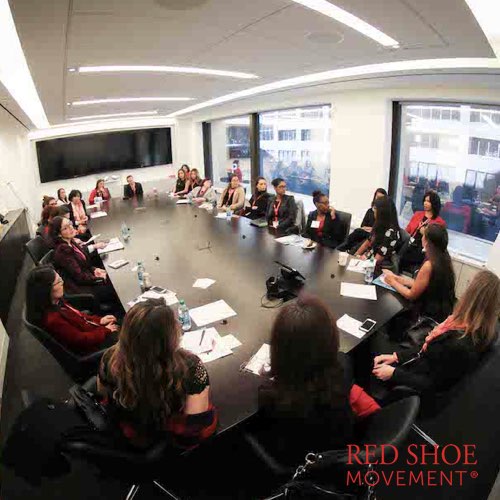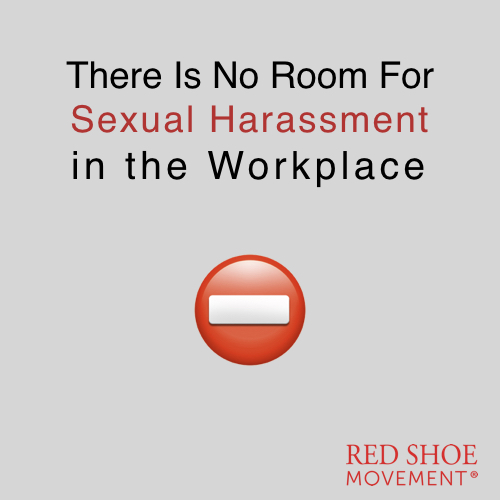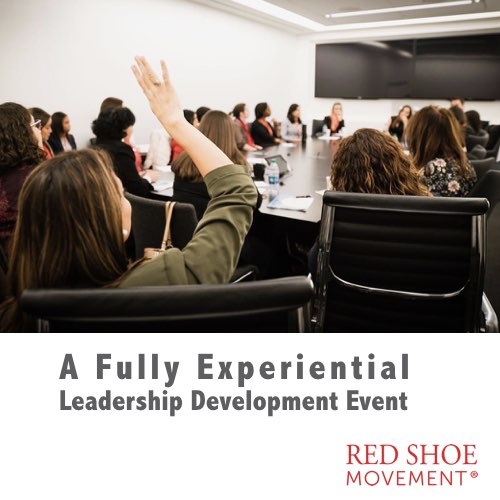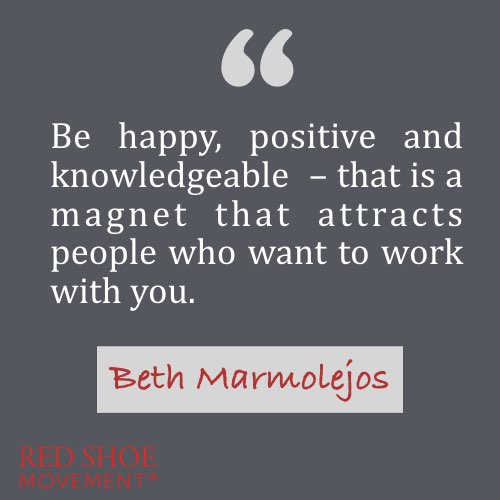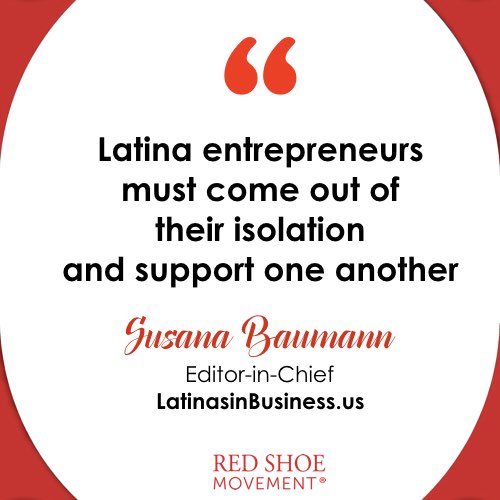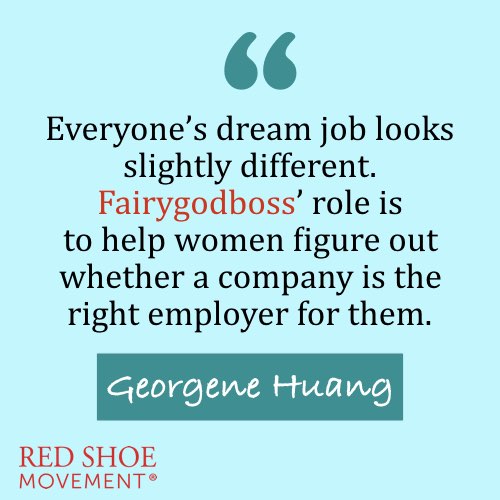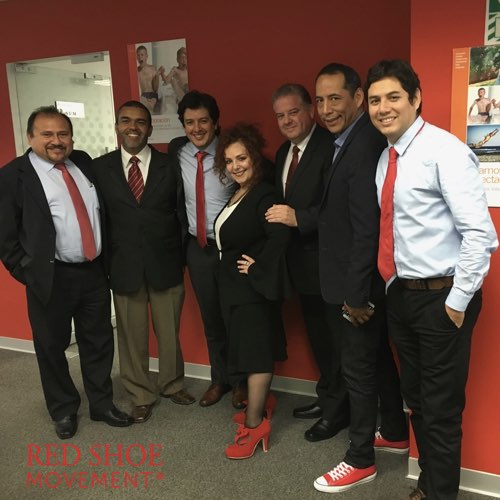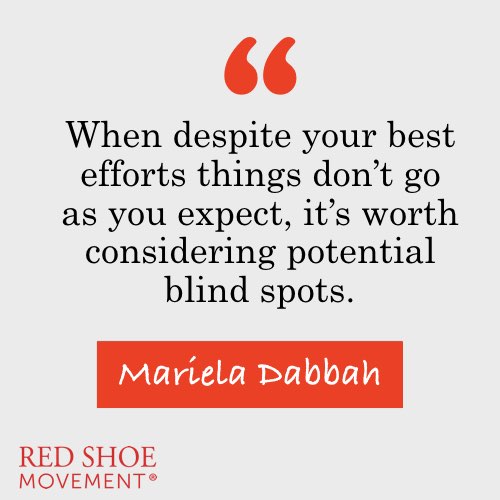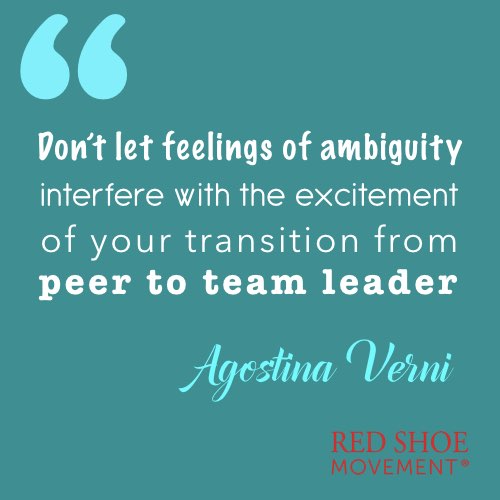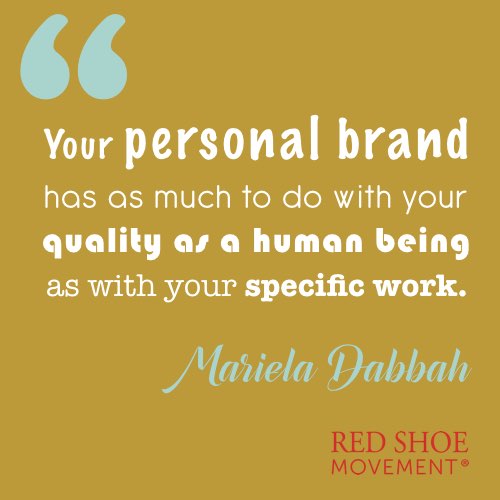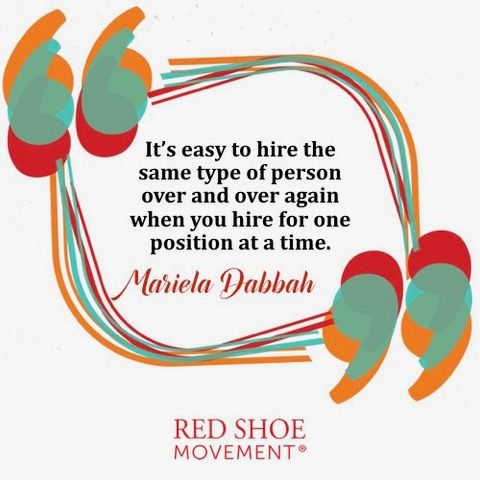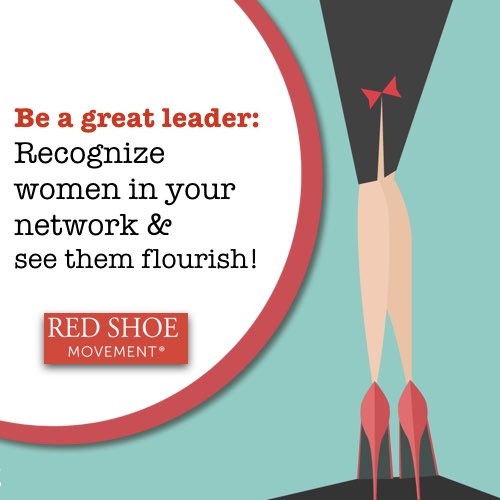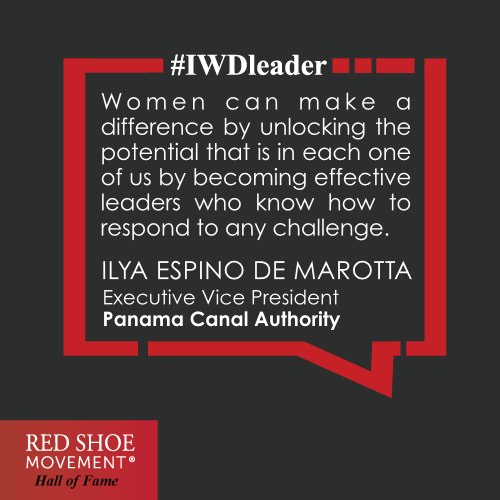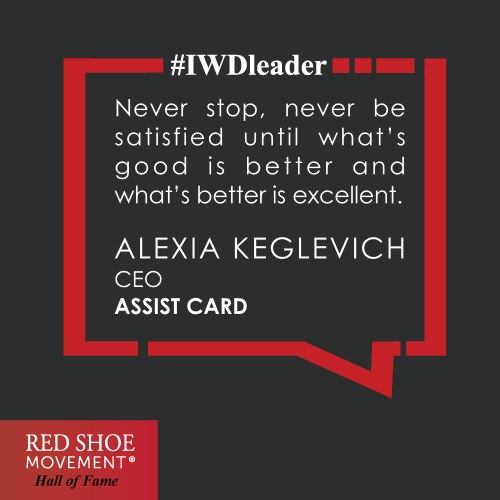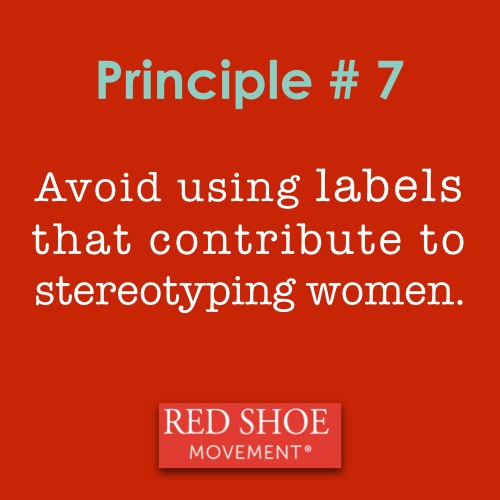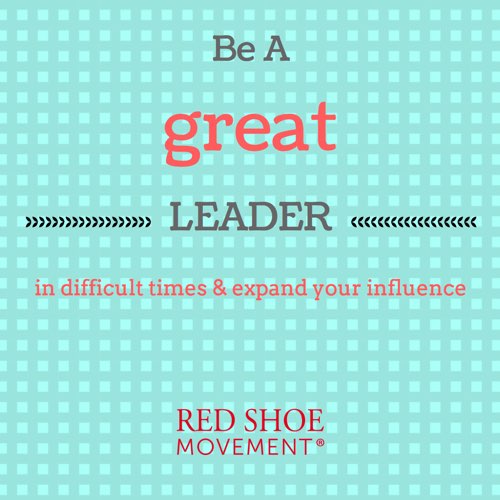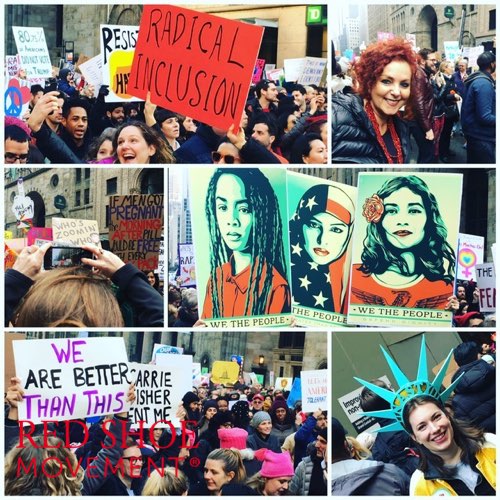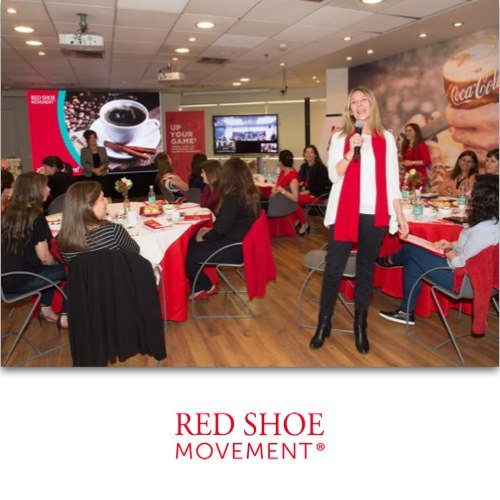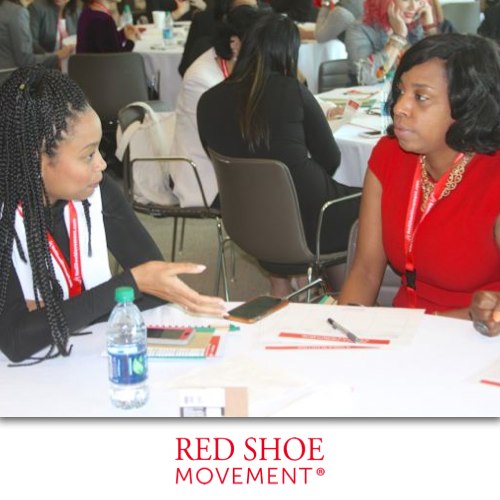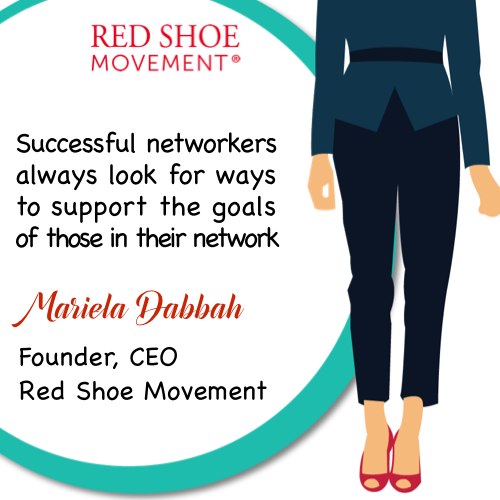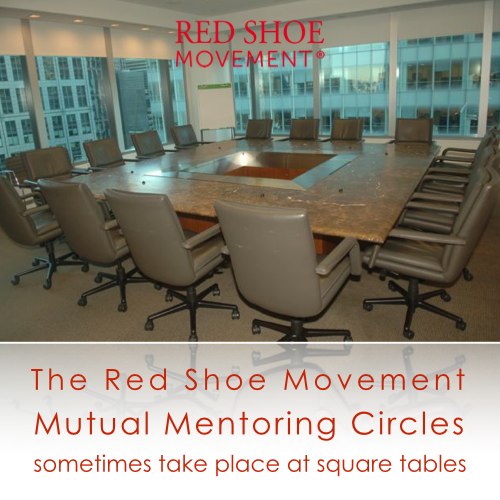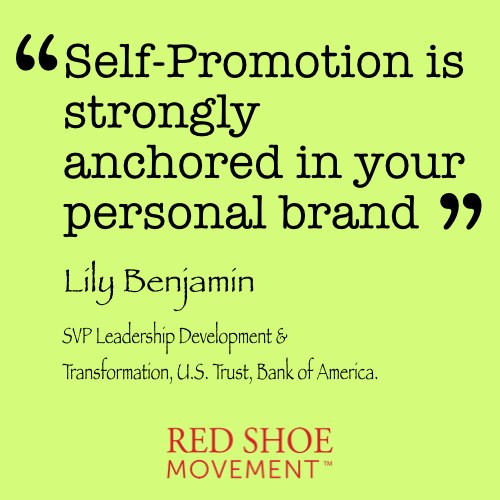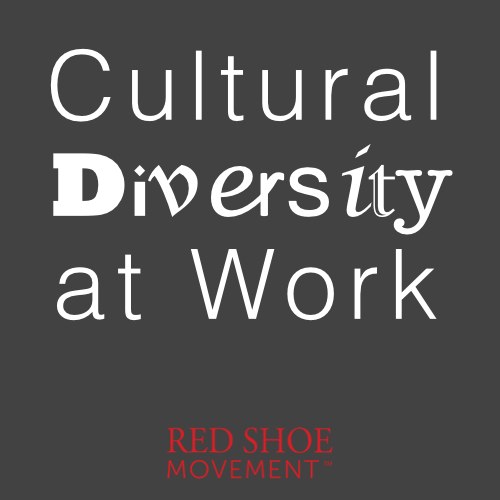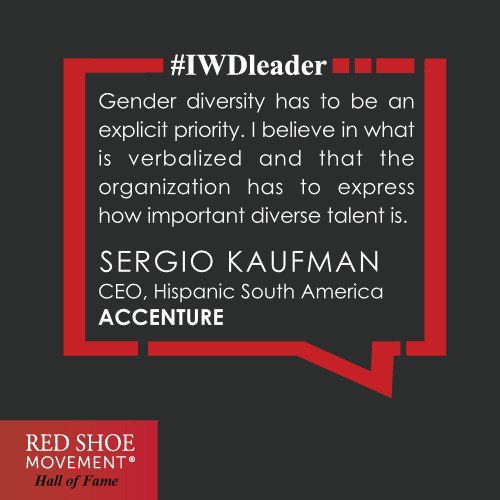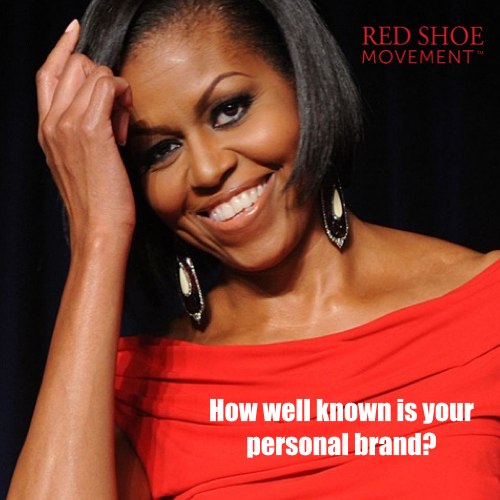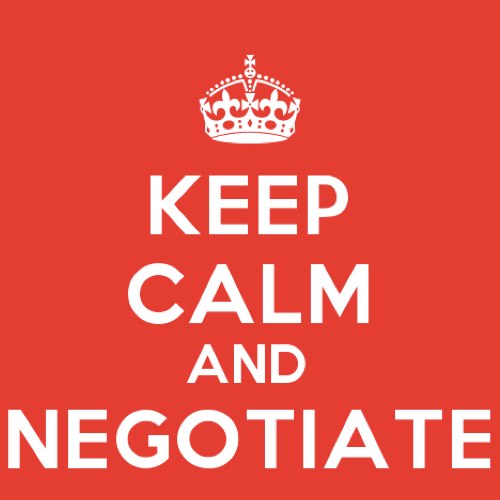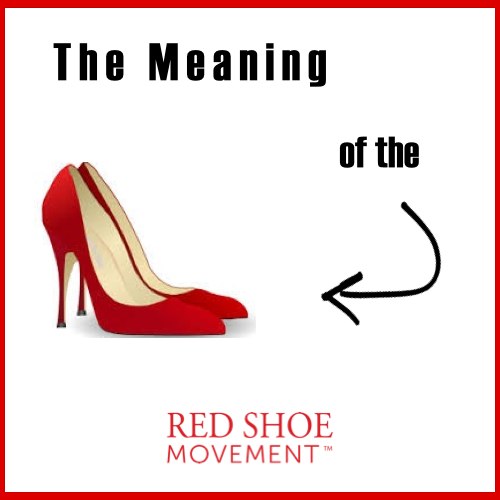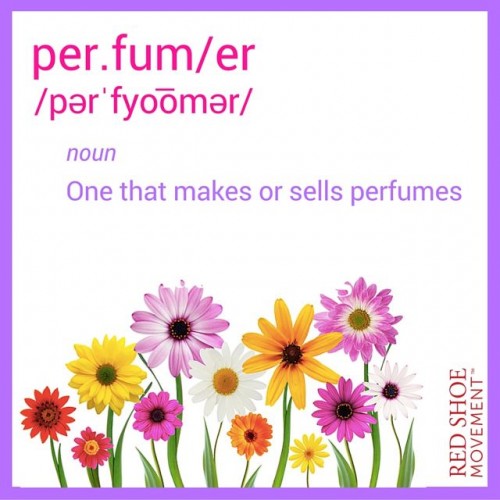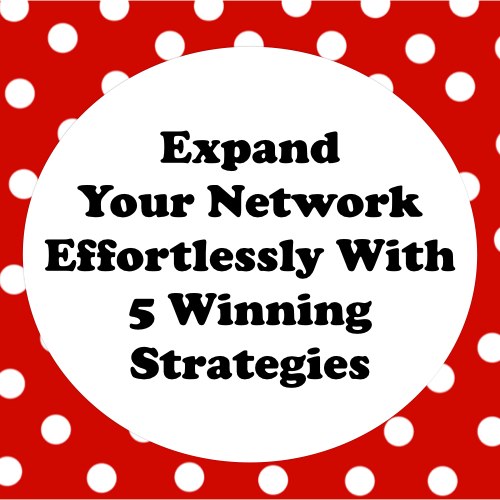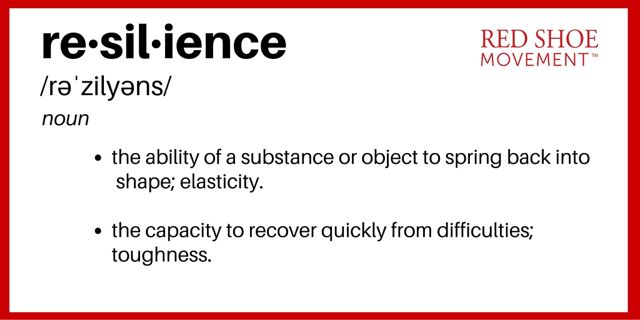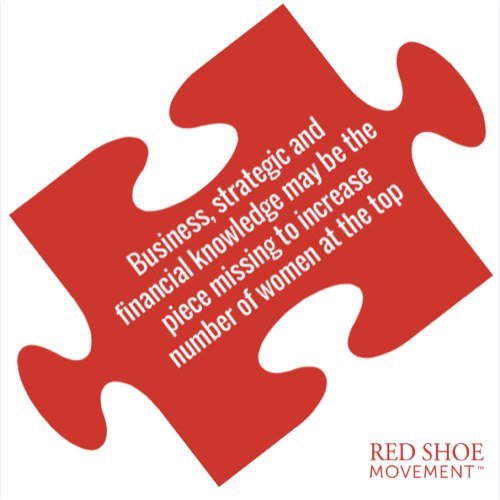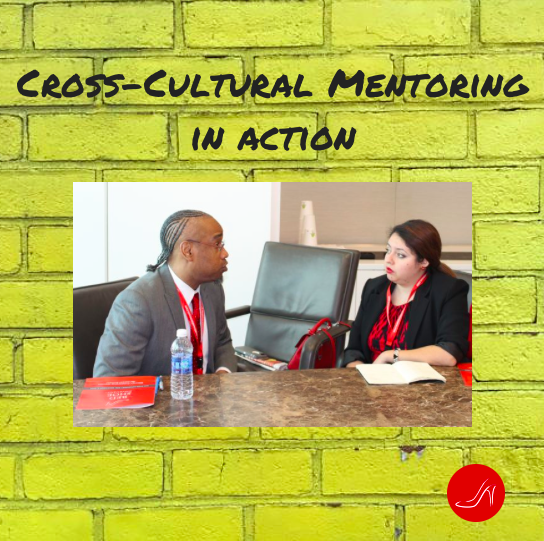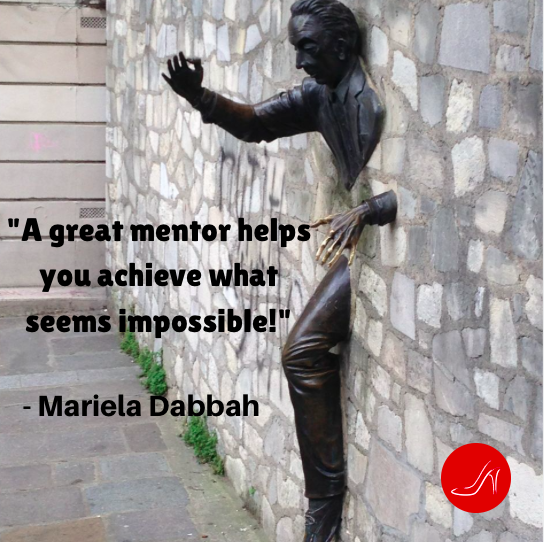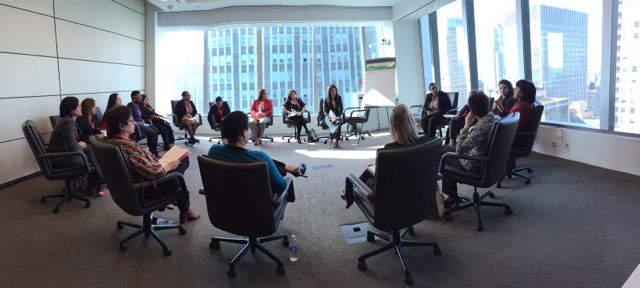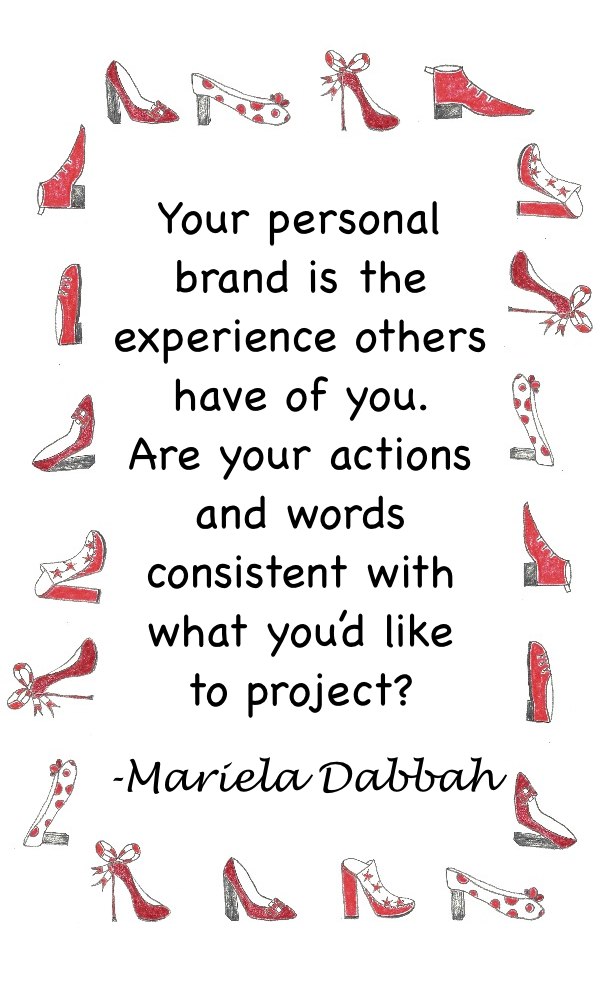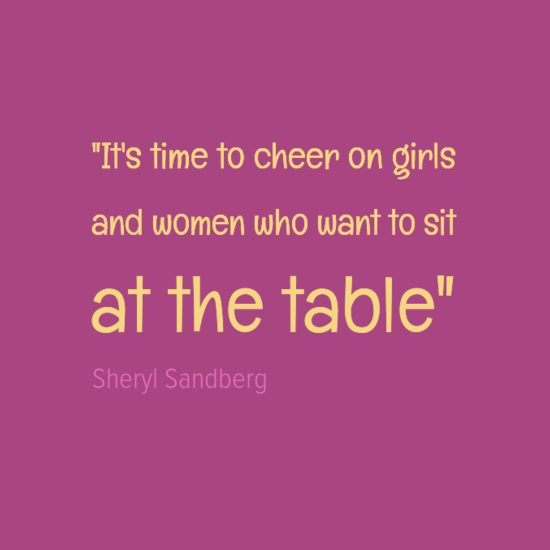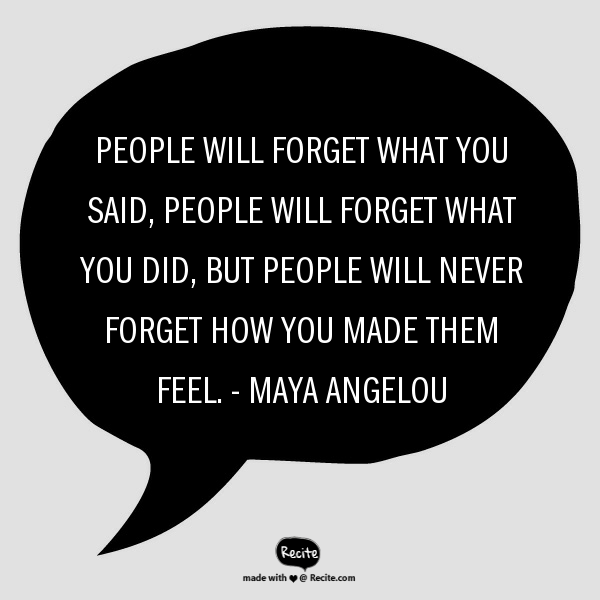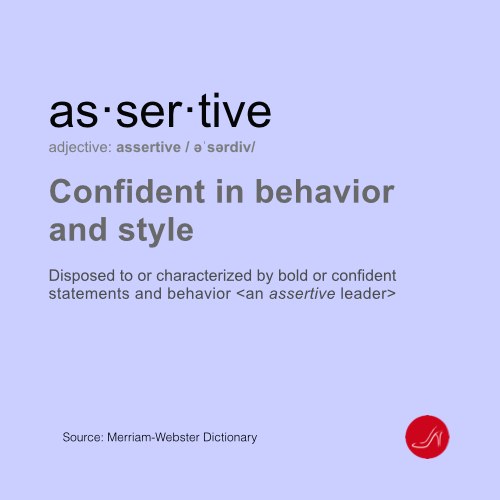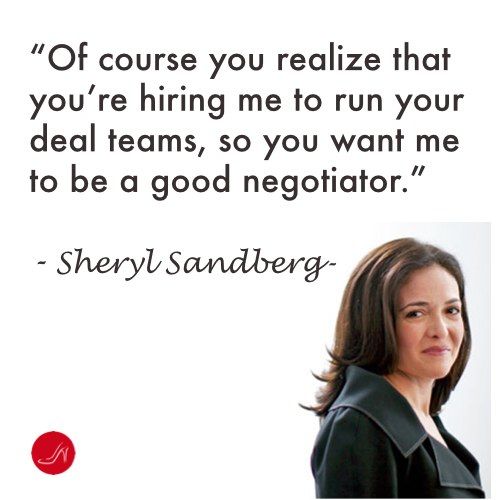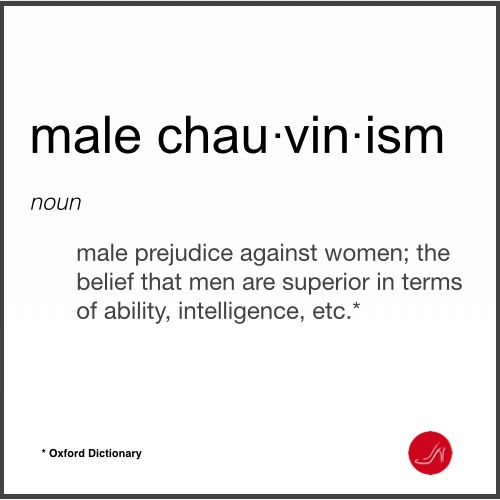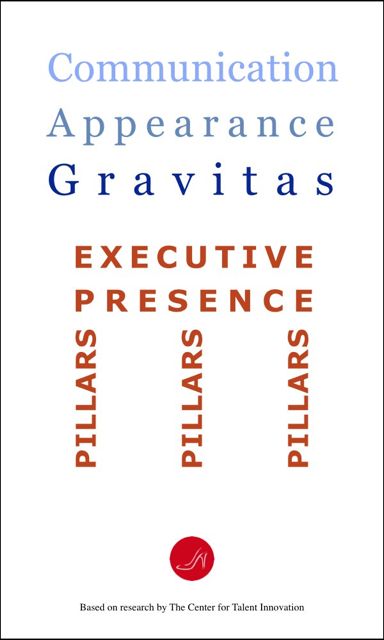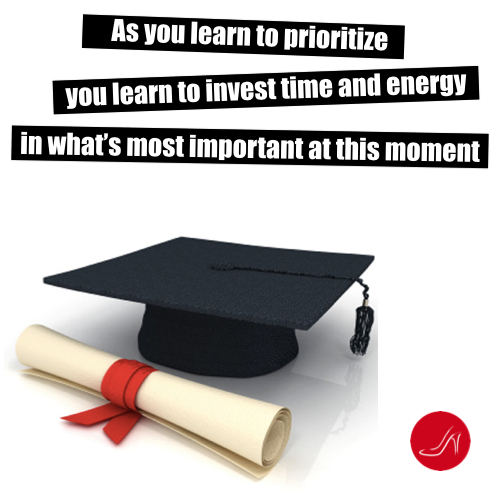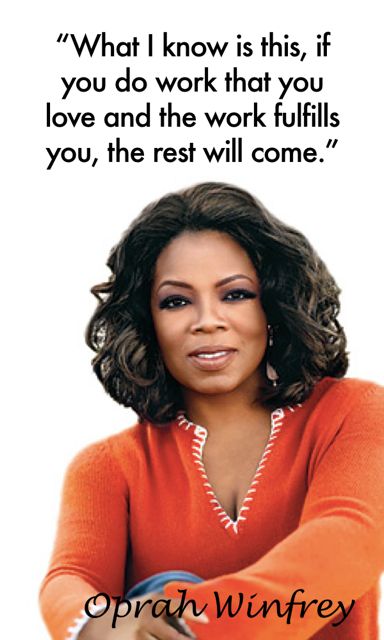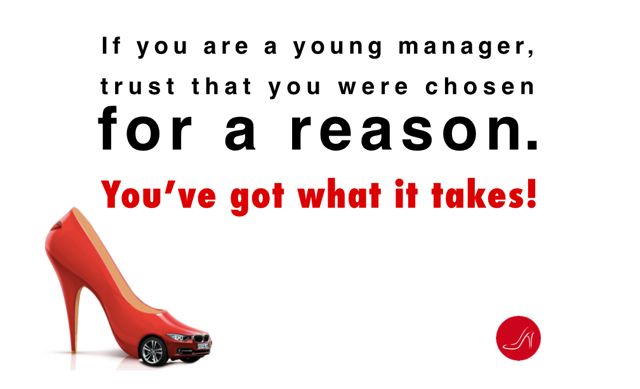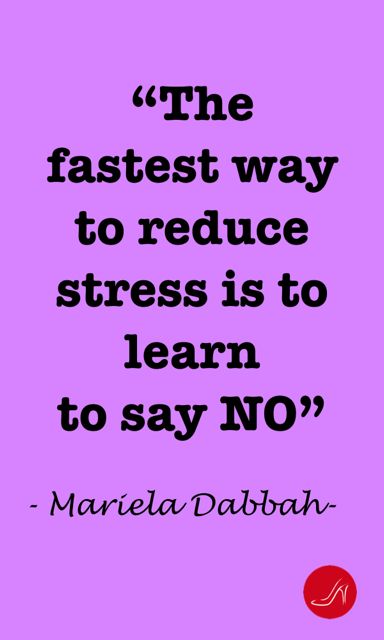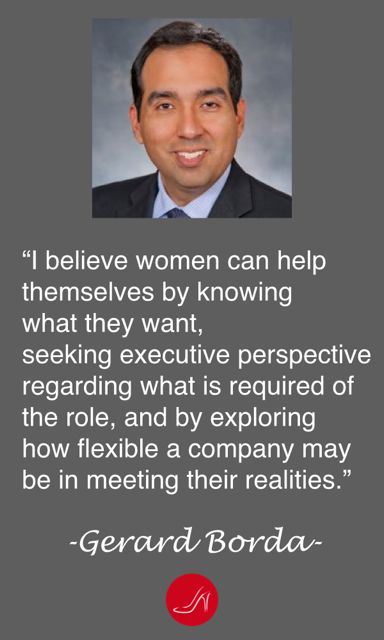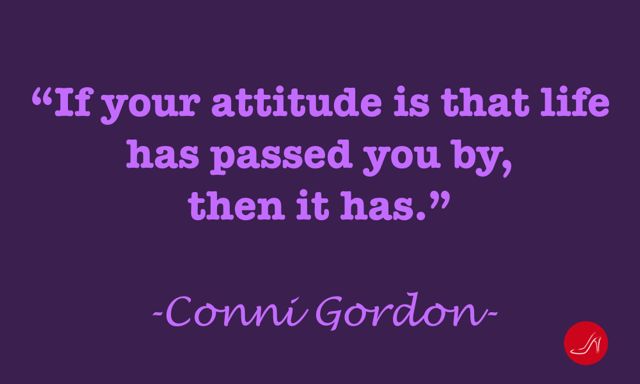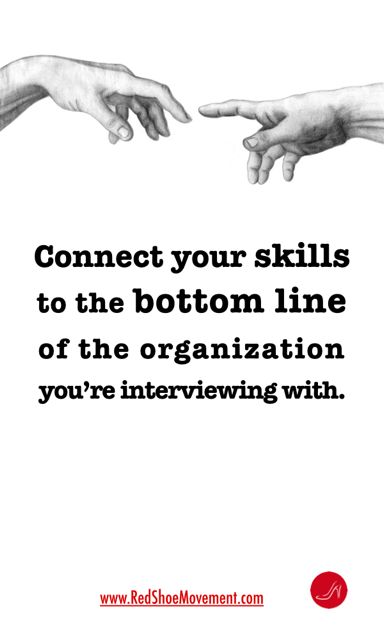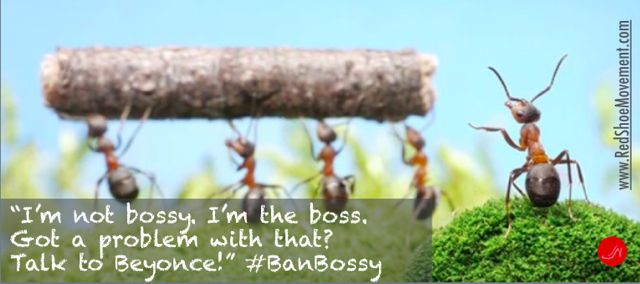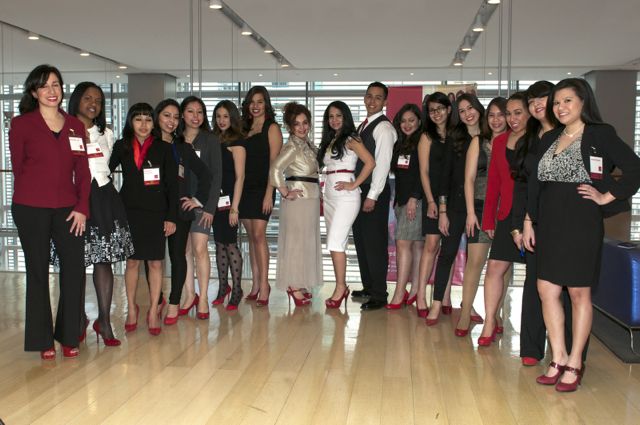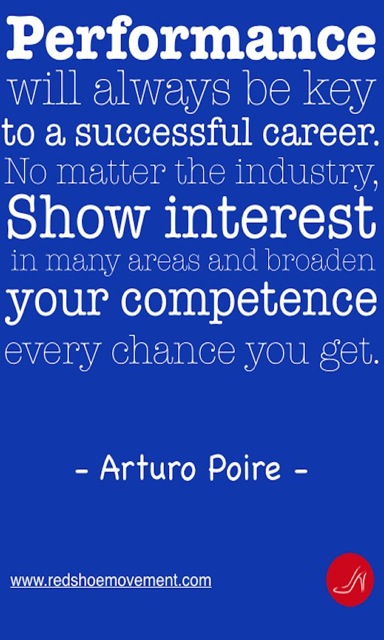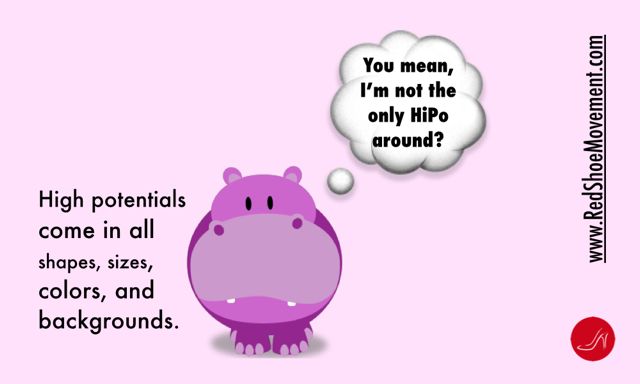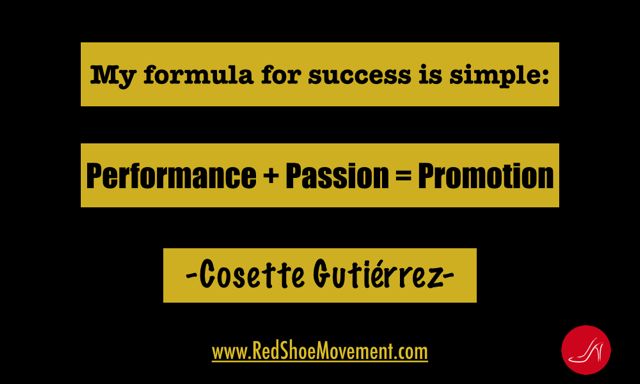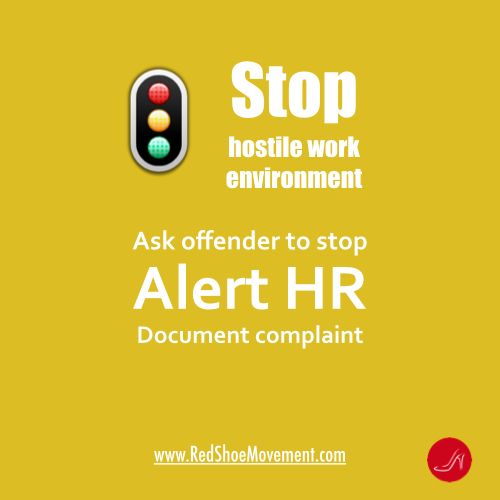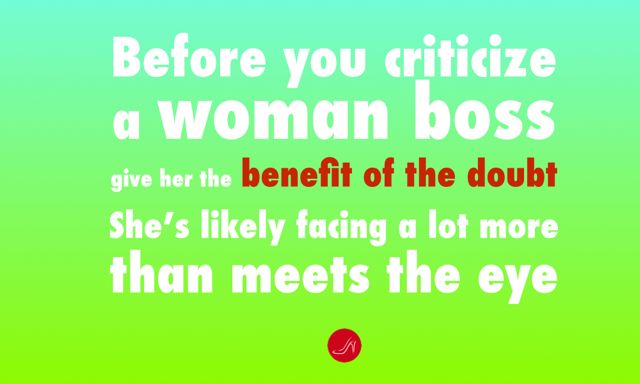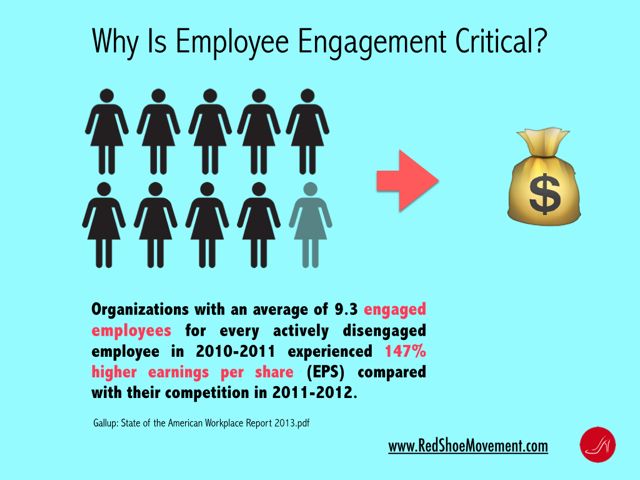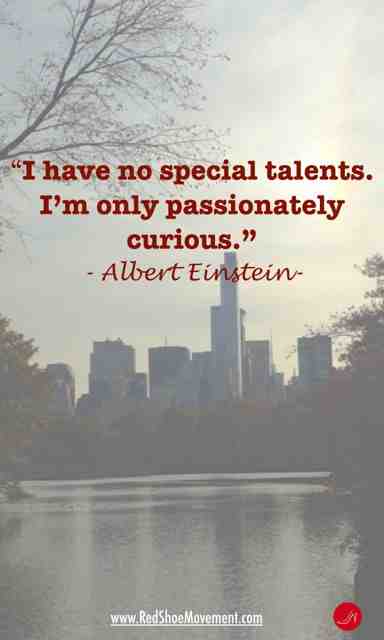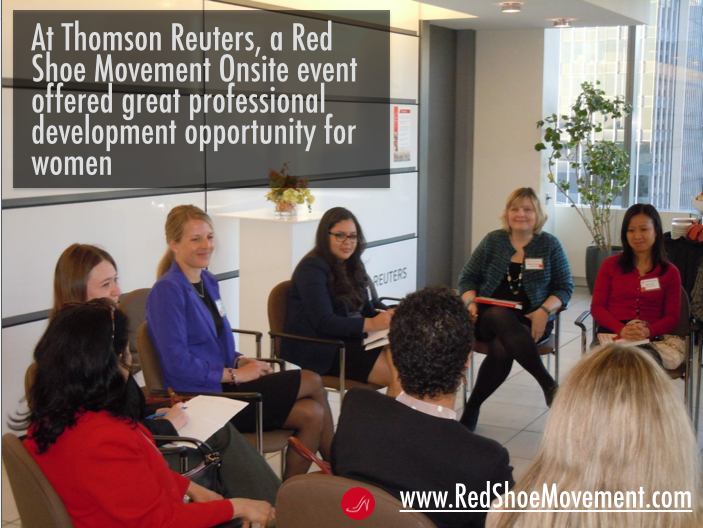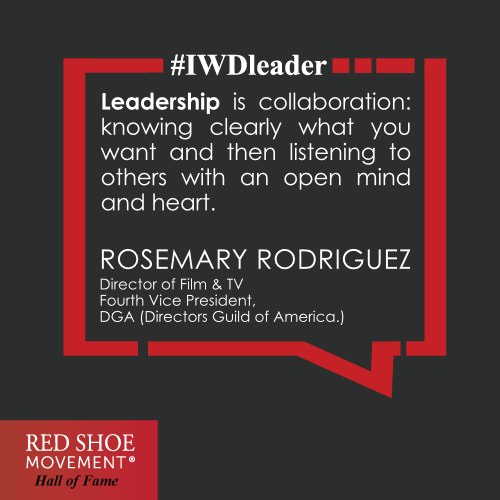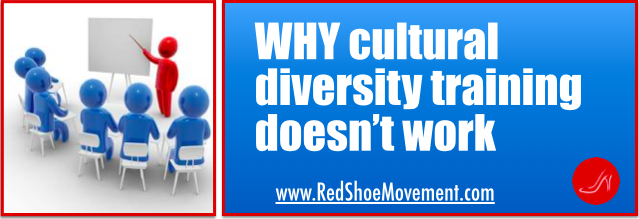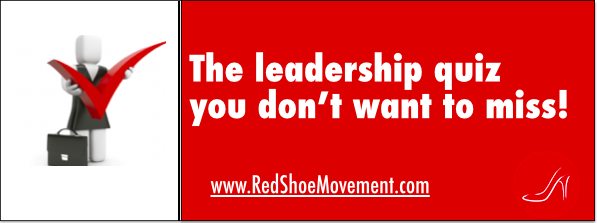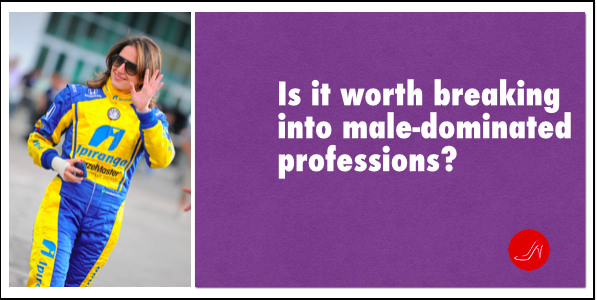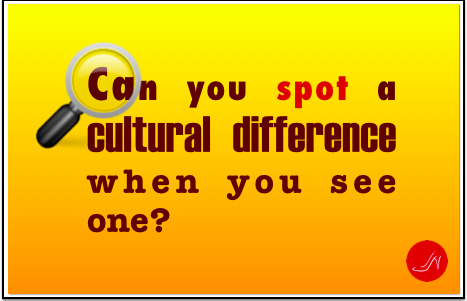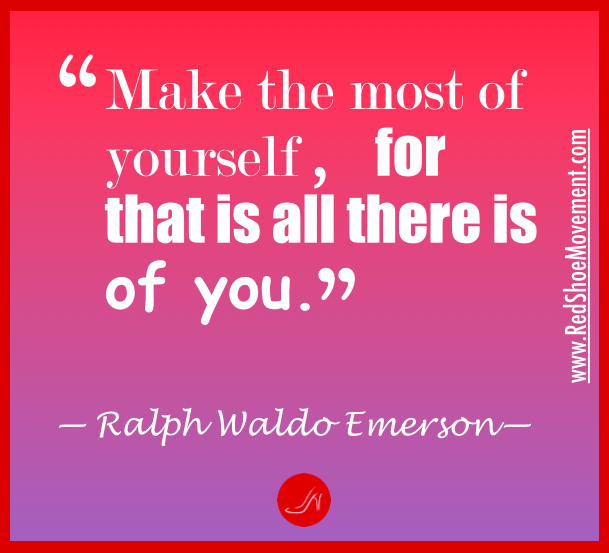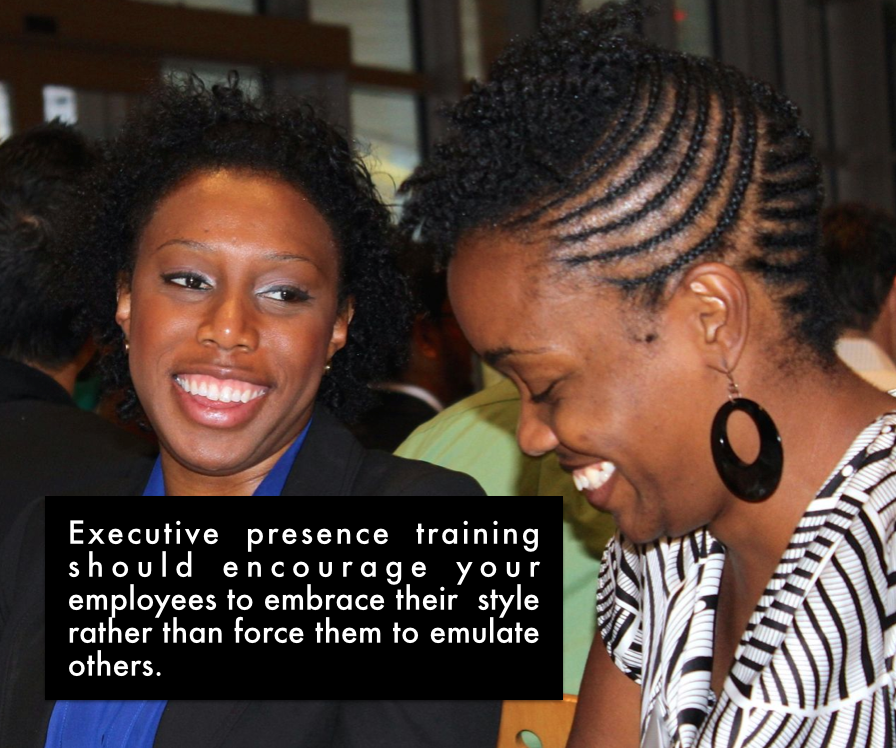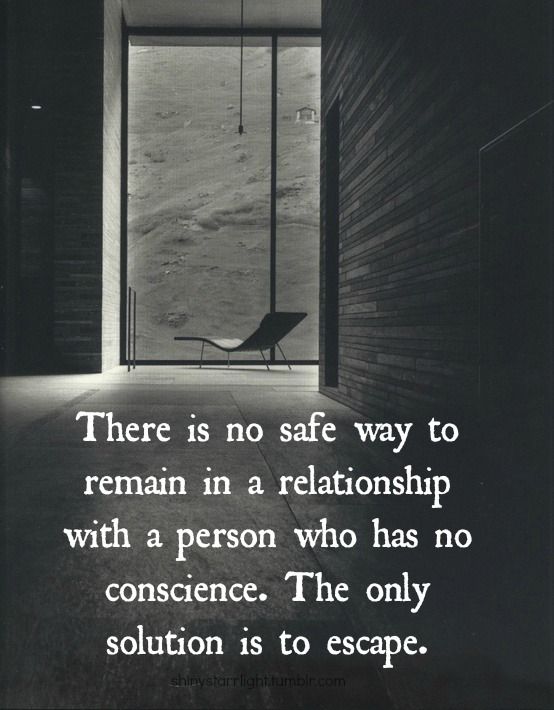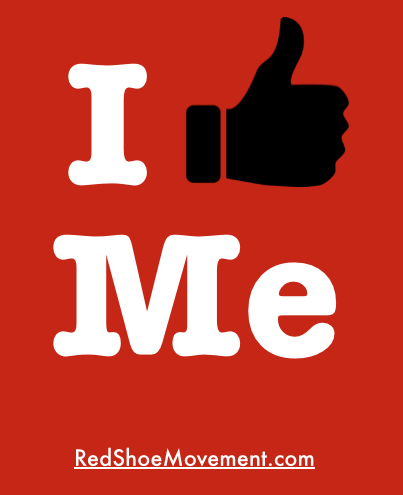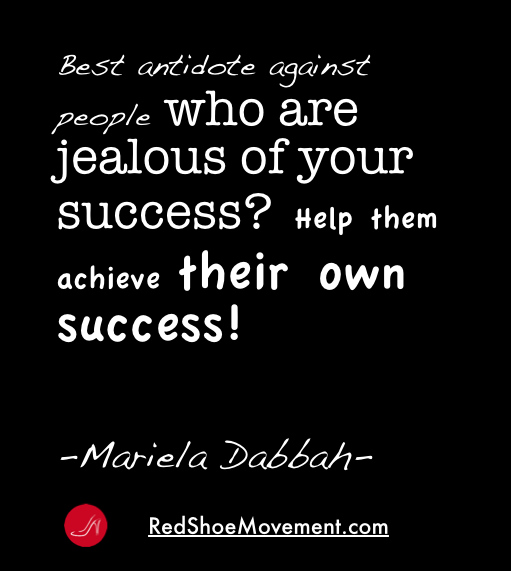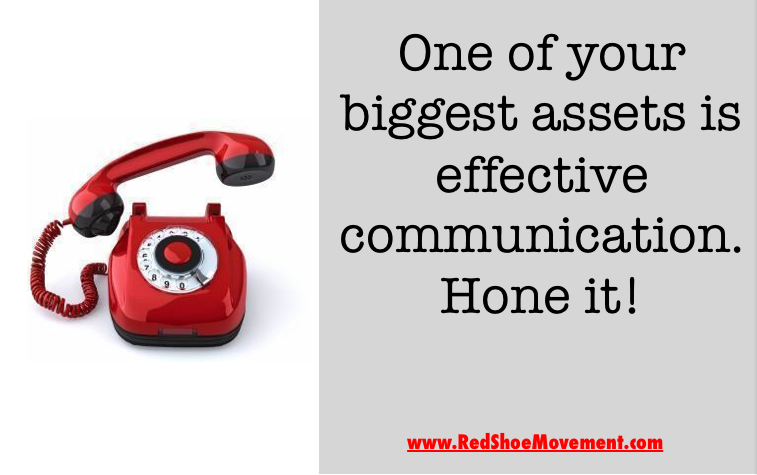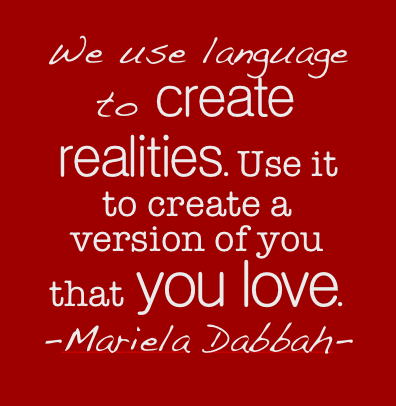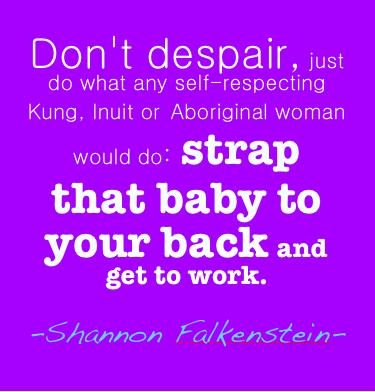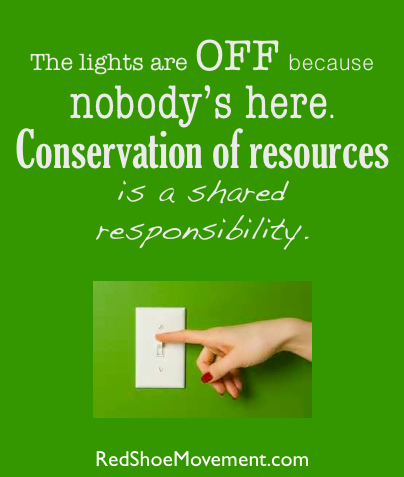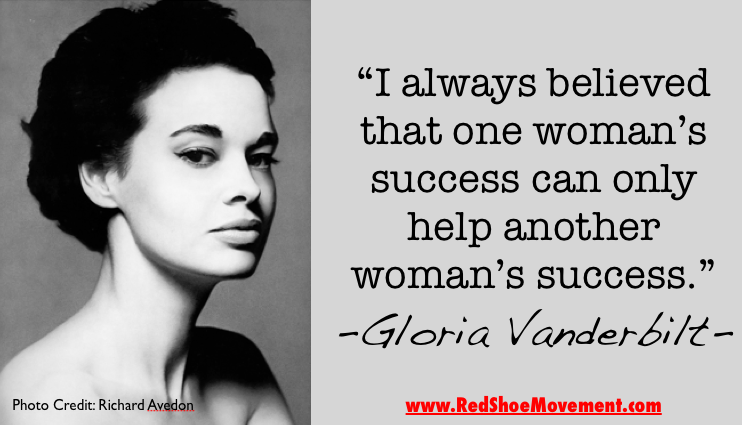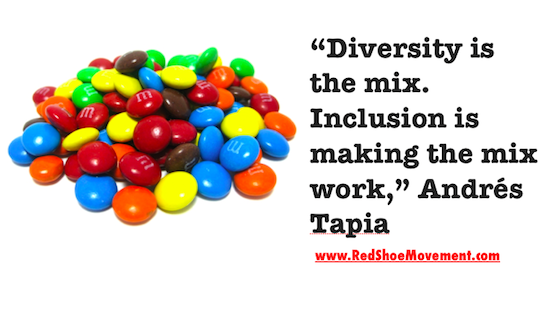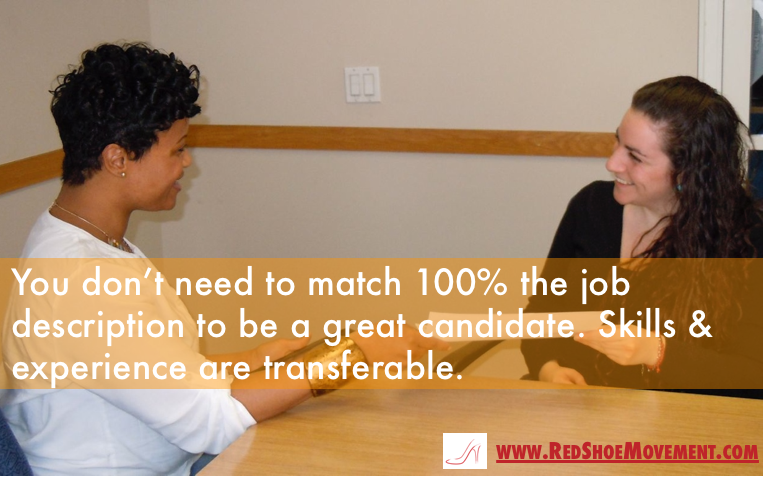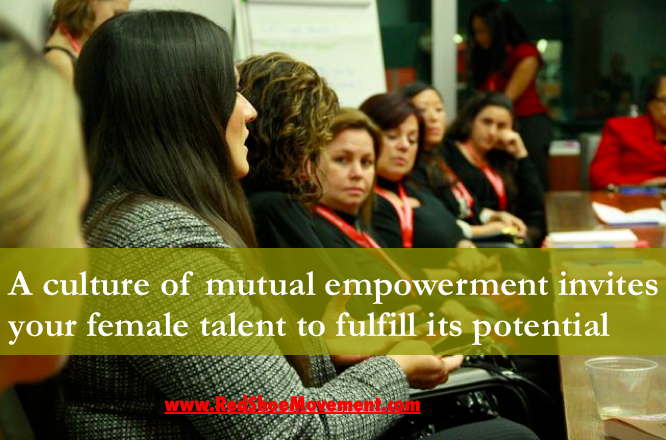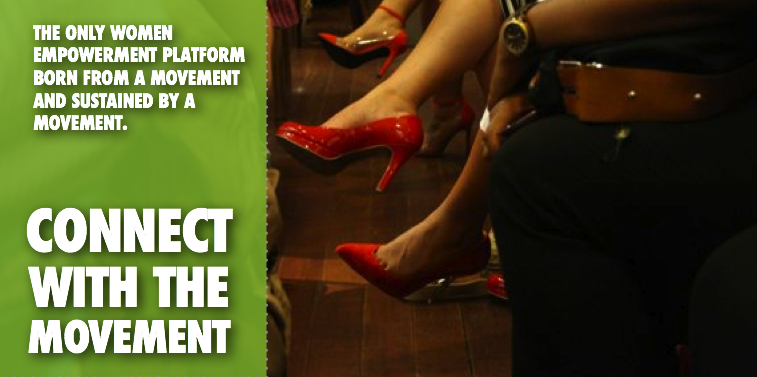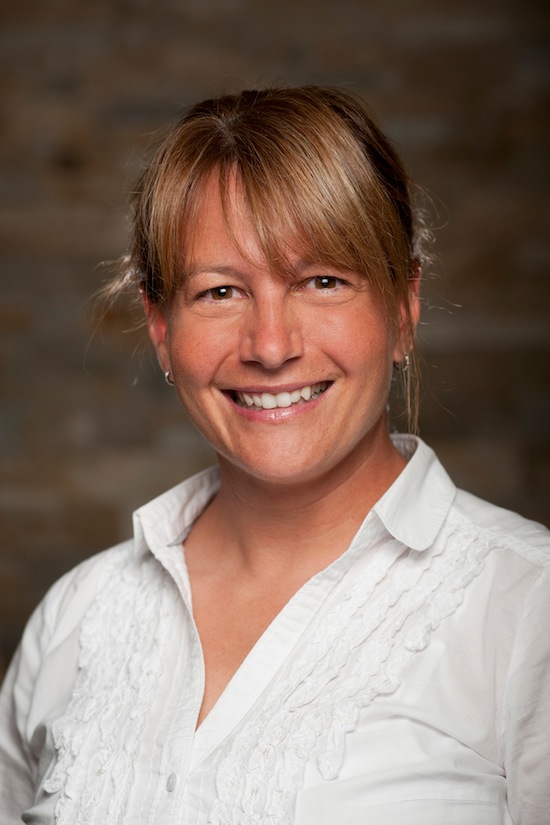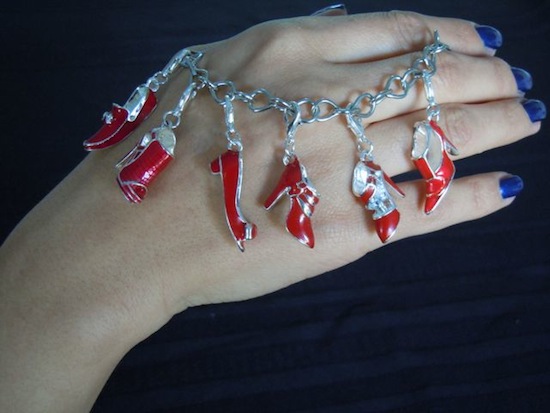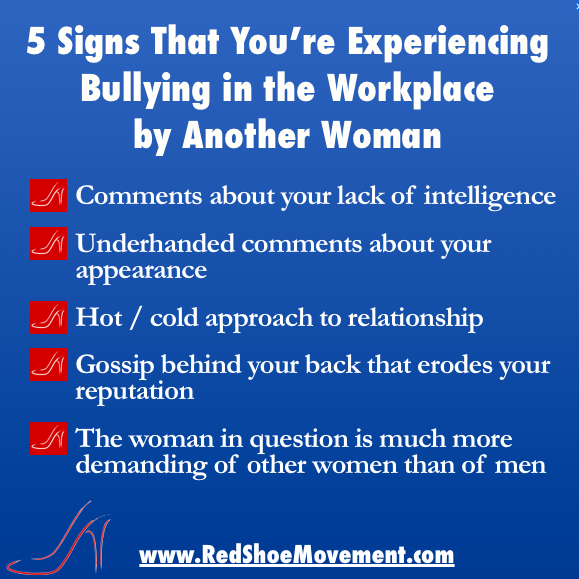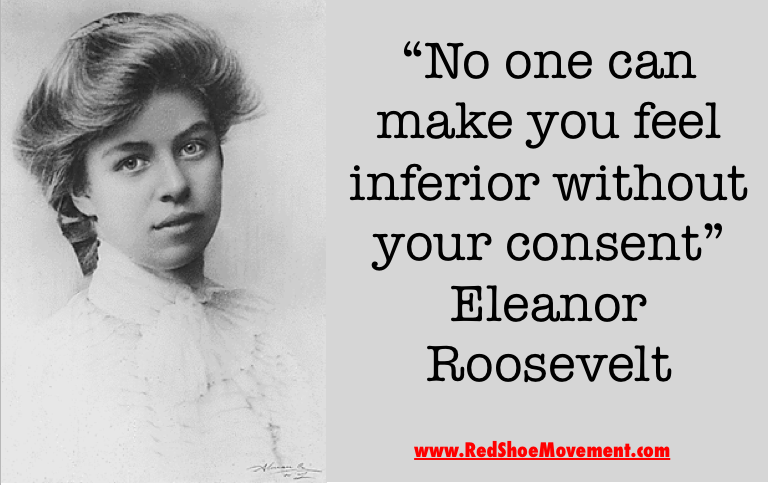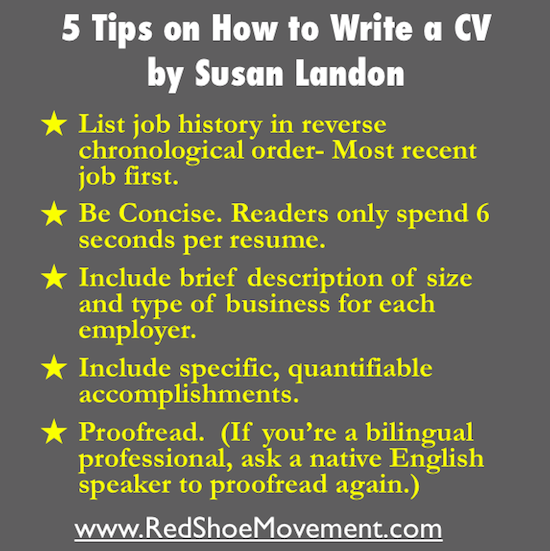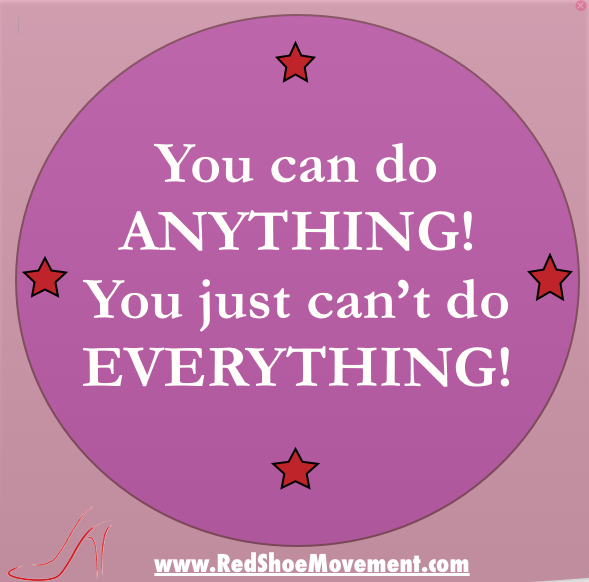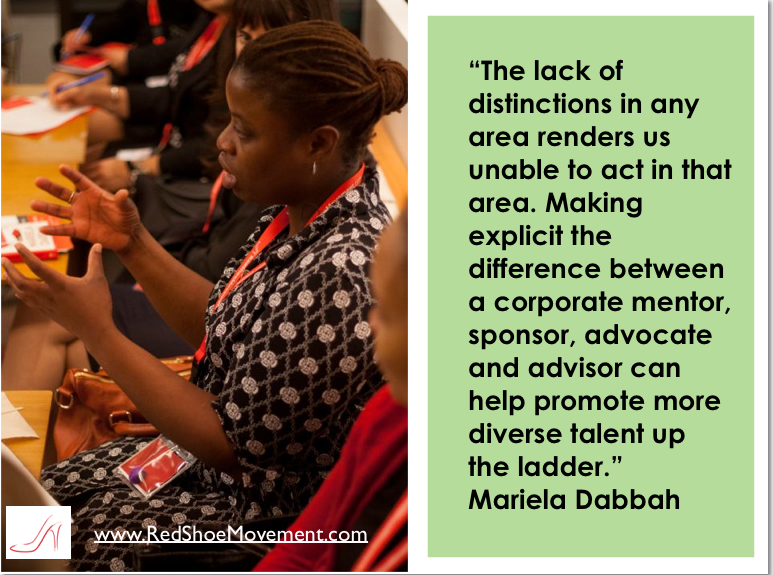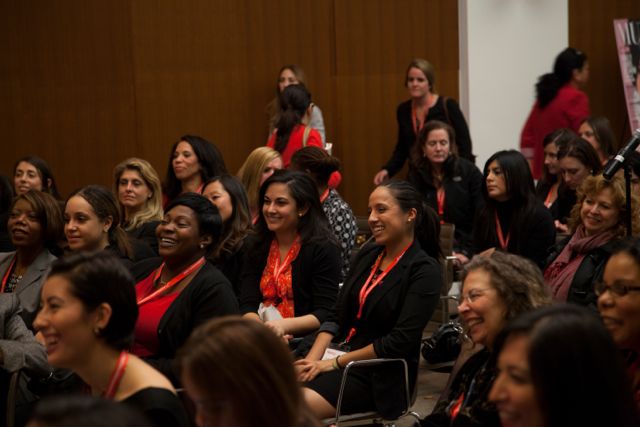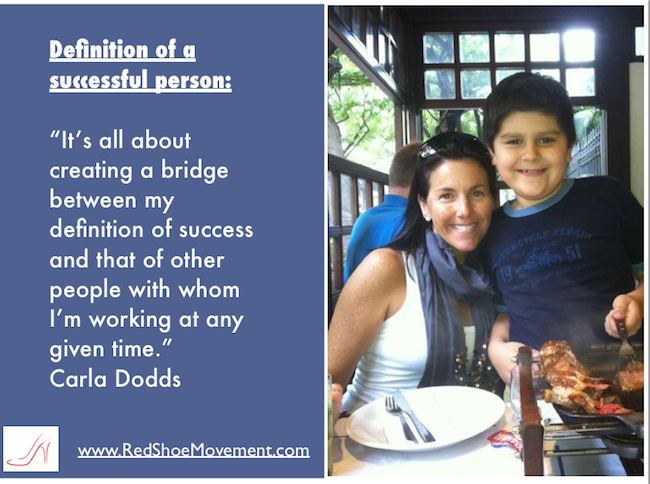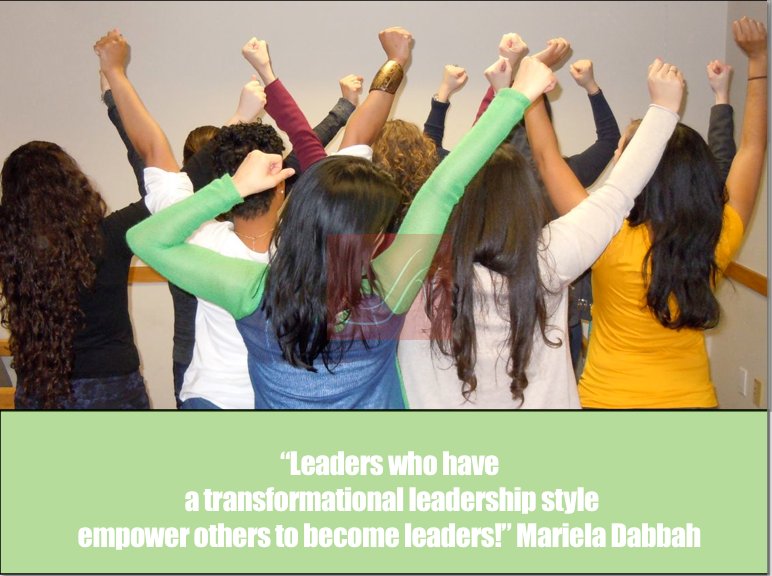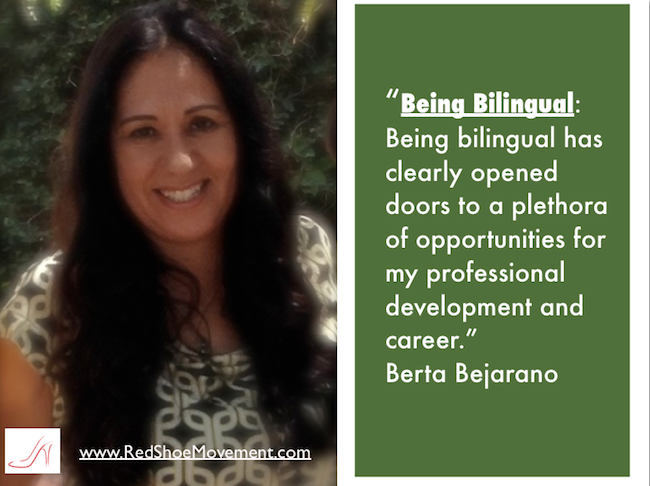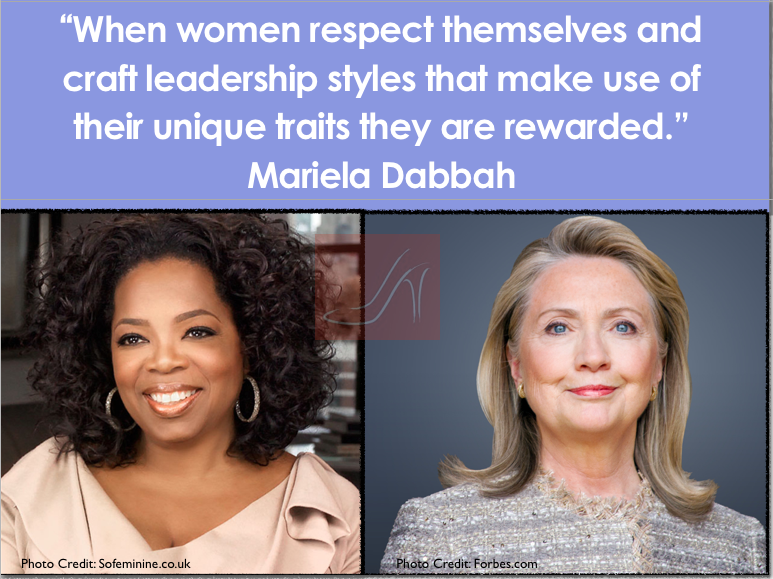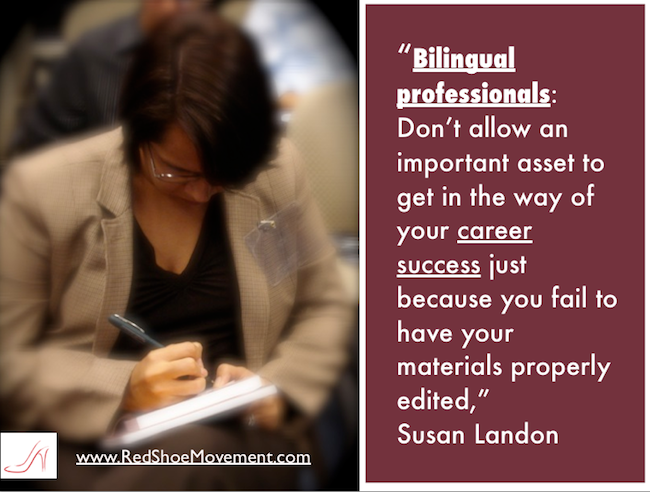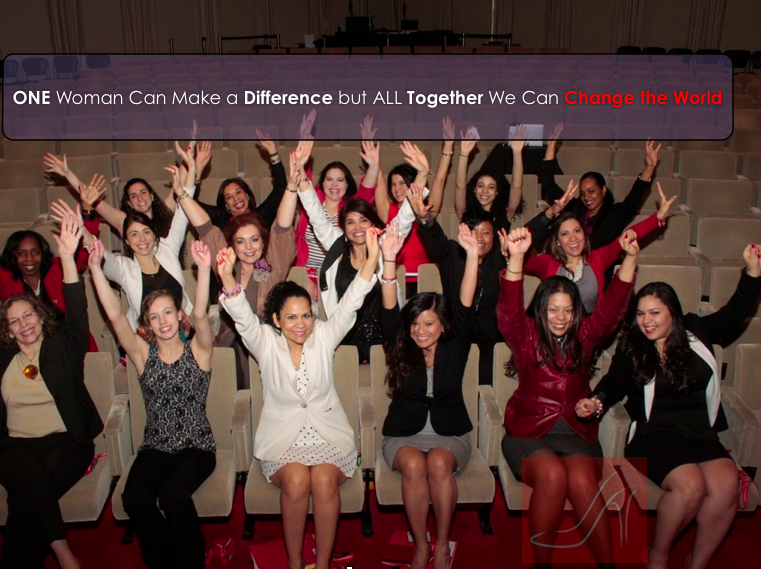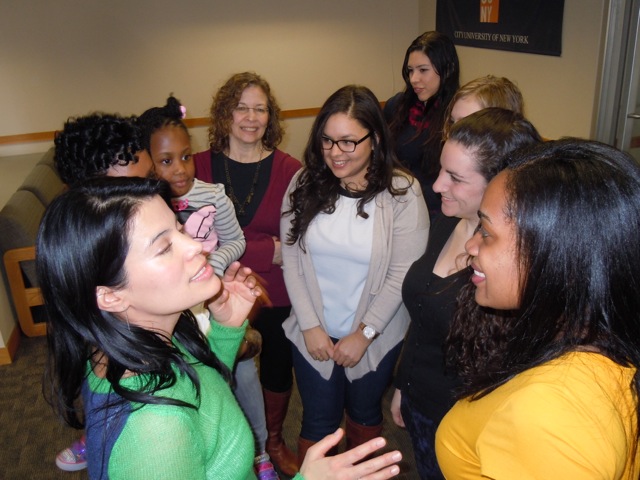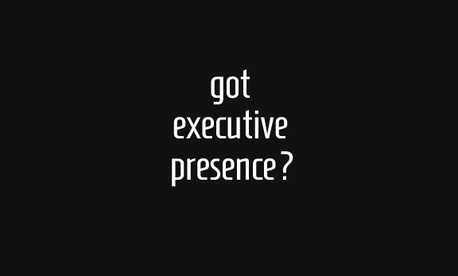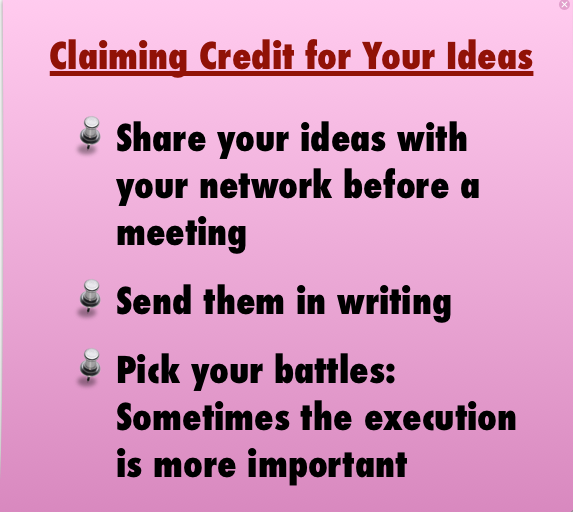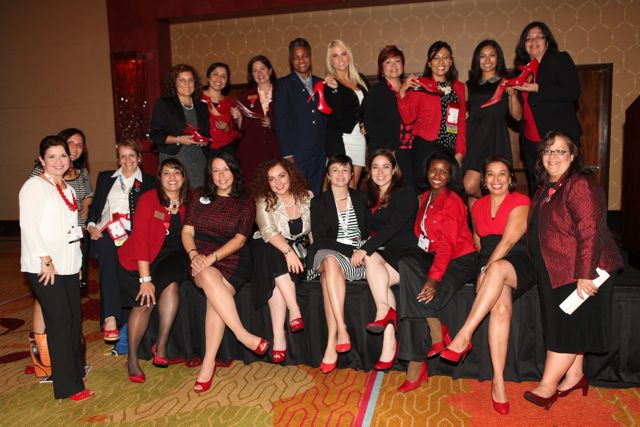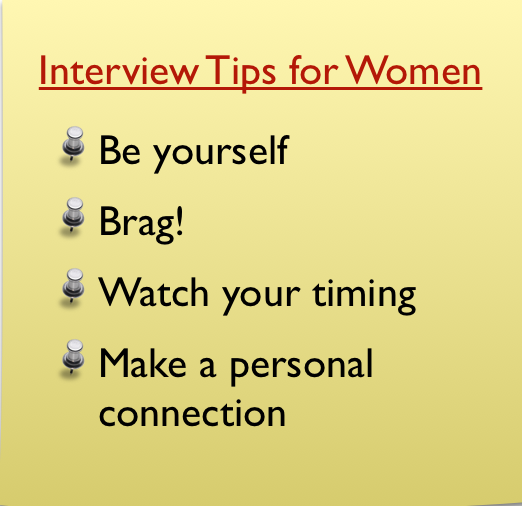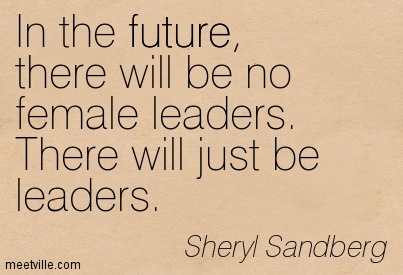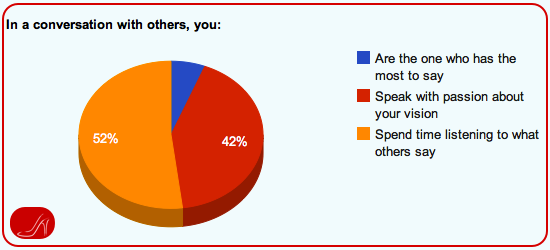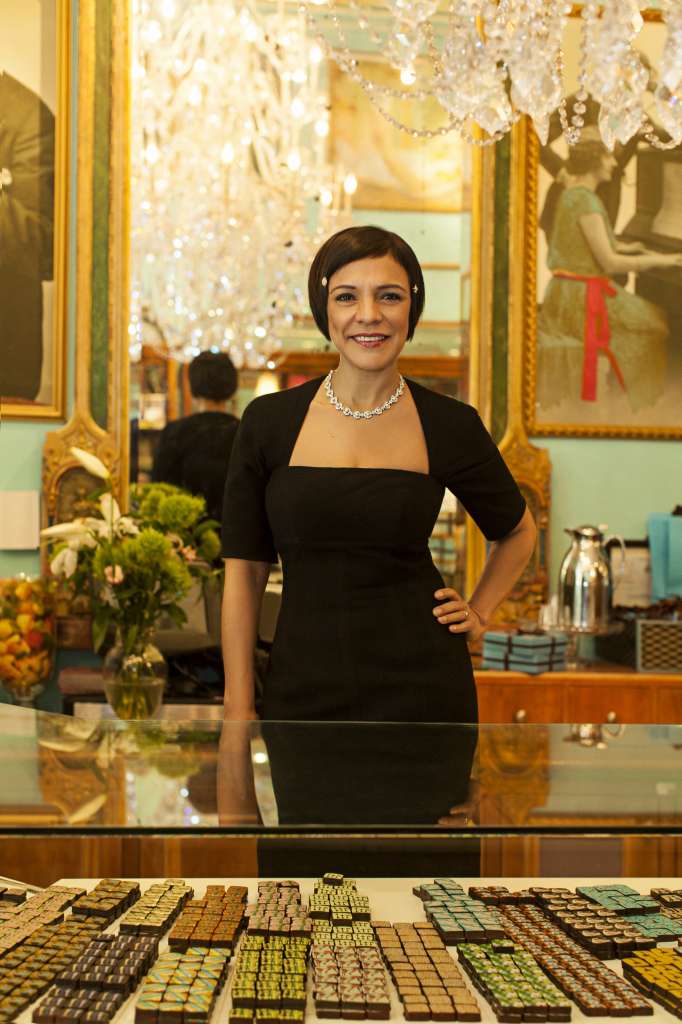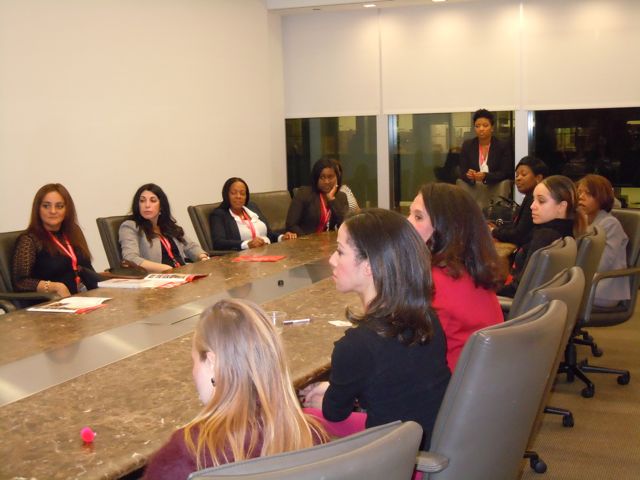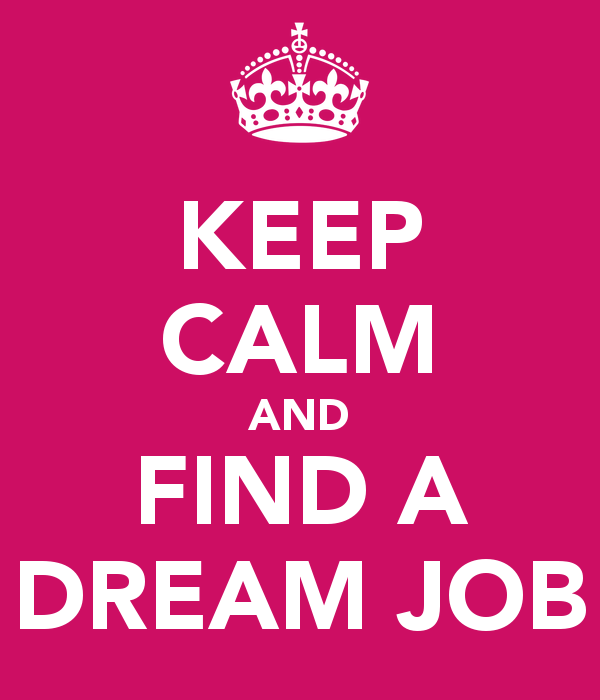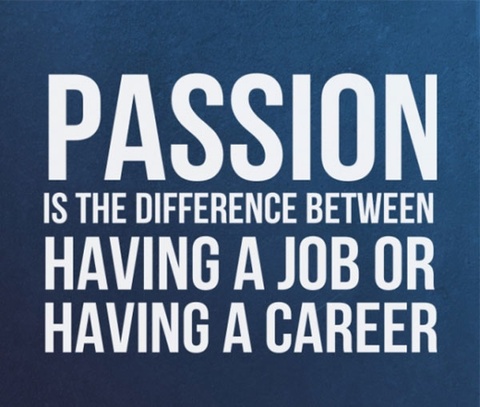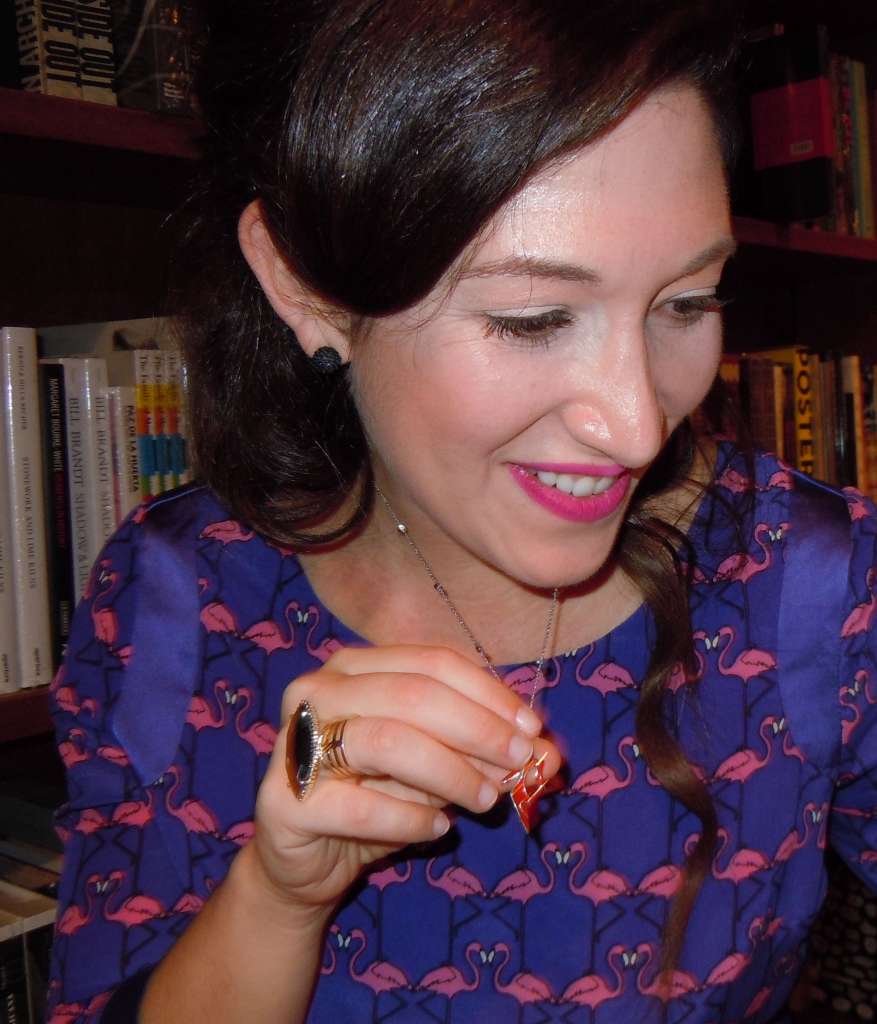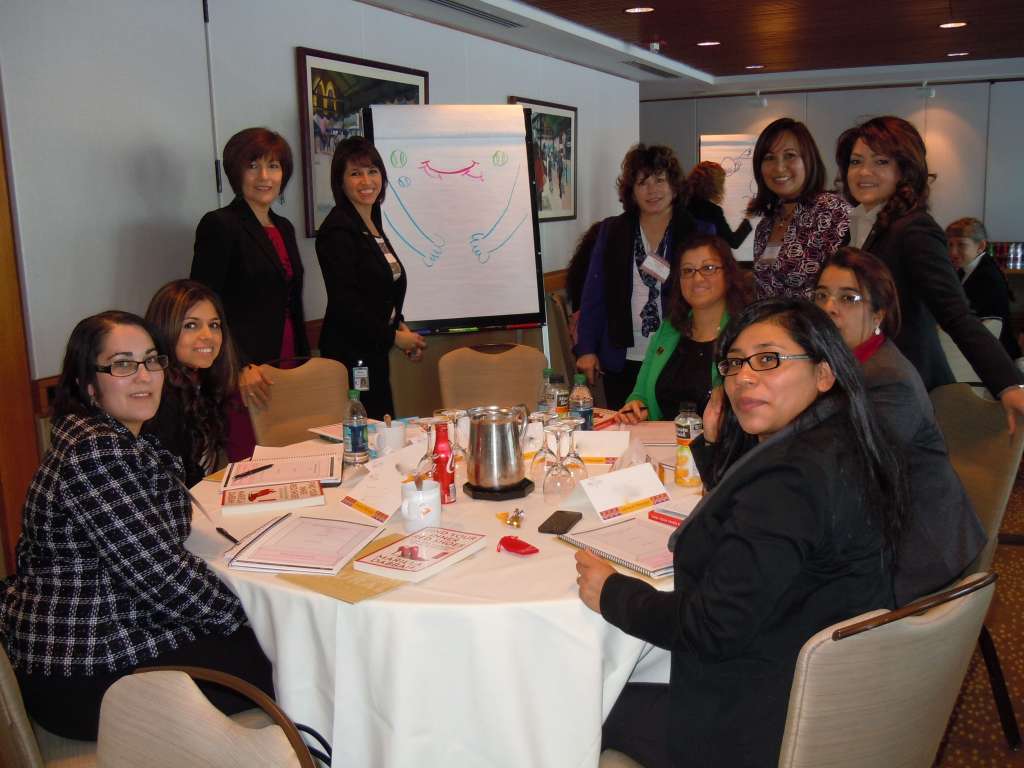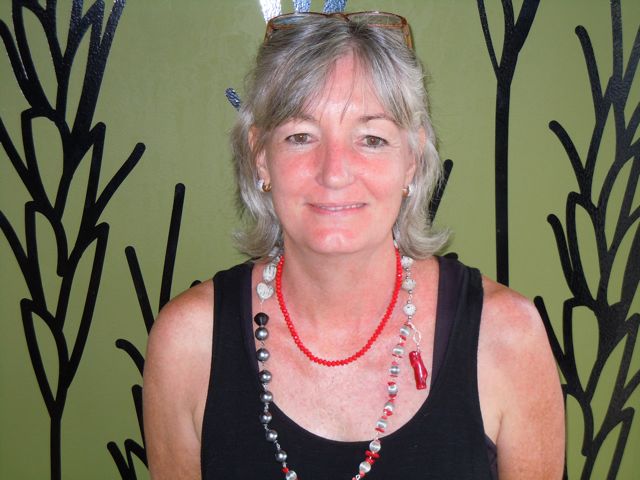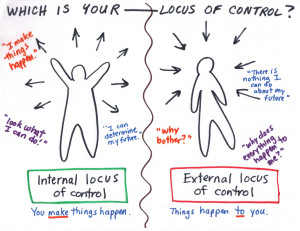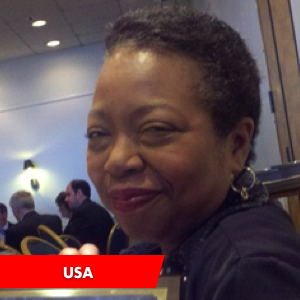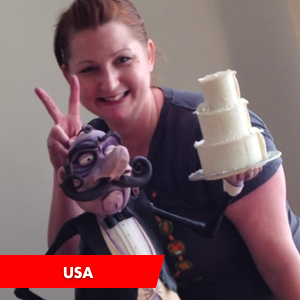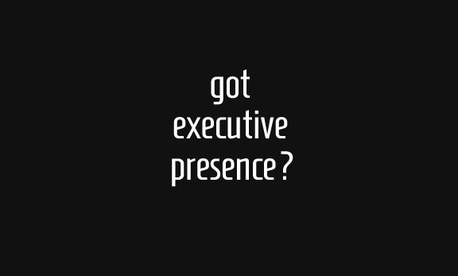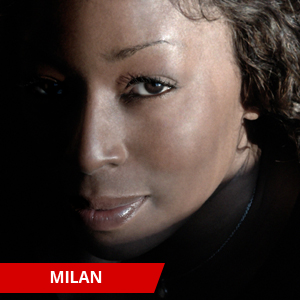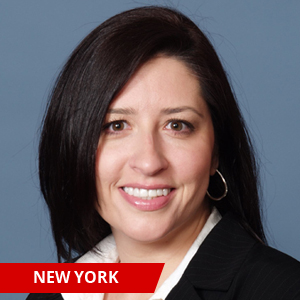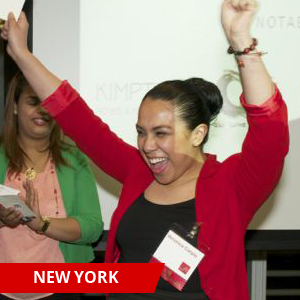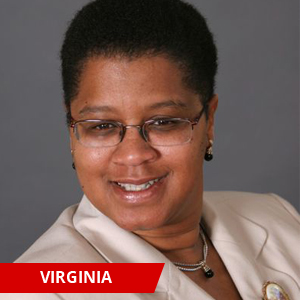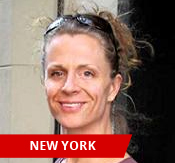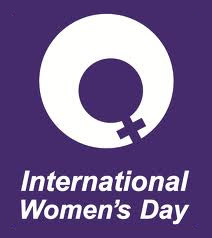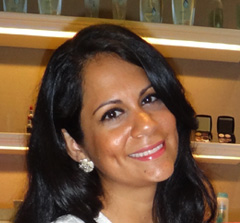Are you thinking of switching industries but are afraid it may mean, “starting over”? Think again! I did it and it gave a great boost to my career! Read on!
Switching industries is among the reasons why 34% of LinkedIn users, globally, make changes in their careers, according to a 2015 global survey by LinkedIn. Not too long ago I was among this cohort of people who wanted to switch industries.

Before switching industries, I worked in beauty
I spent ten years working in beauty before I made an industry switch to pharma. First, I started with a marketing consulting job within advanced analytics in which I measured the payback of marketing dollars spent on fine fragrances. Less than two years later, I was recruited by Avon as one of the first associates to join their newly established market research function.
The majority of my beauty career was at Avon, where I spent eight years, which is unheard of for anyone considered a “millennial,” even an older millennial like myself. Within those eight years I didn’t switch industries (or companies for that matter,) because I realized Avon was fertile ground for me to gain the skills needed to be competitive in the marketplace. I had the chance to learn from colleagues with backgrounds that spread across all kinds of industries, from food and beverage, beauty, consumer goods, and so on, who came from much revered organizations such as Kraft, P&G, Unilever, and Pepsi.
I had the opportunity to work on whitespace projects for marketing, global advertising, be the co-Chair of Avon’s Latino Network, travel globally and domestically. My clock started ticking at the eight year mark, so I continued my career at another beauty company, Coty, Inc.

I received very positive reviews during my time at Coty. So once I proved to myself I could succeed there, I started thinking about how to strengthen my career and stretch myself beyond my experience in research and beauty. I took a closer look at the senior executives around me, and those with whom I had worked with at Avon and I noticed a common thread. They all had very diverse backgrounds. There was not a single executive who had spent their entire career in one industry, one market, or one function.
I suddenly had a major aha moment: I needed to think about switching industries.
I decided to explore opportunities and came across a post for “Healthy Appearance” at Pfizer. The role focused on the functional skills of Consumer Insight professionals and noted skin care experience preferred. A few days after submitting my application and resume through Pfizer’s portal, I received an email from Human Resources which kicked-off a series of interviews.
Here's a great post on interview tips for when that time comes!

Key steps to switching industries
1Before you switch industries, start with doing your research.
Think about how you would approach a major purchase such as a car. When we are in the market for a new car we typically research certain brands. Our exploration consists of extensive online searches, discussions with close friends and probing our extended network on social media. When you consider switching industries you should apply the same approach. Define what industries you’d like to explore and seek information around:
- What’s going on in the industry? Get information such as, market share or ranking of the top competitors, the trends within the industry and how companies are responding. Dig deeper to understand what’s working well for the company and what have they identified as areas of opportunity. A good source for this is a company’s annual and quarterly earnings reports. This is public information.
- Once you have identified the companies you’d like to apply for, look into their philosophy on talent development. A key signal that helped me determine whether a company fostered development of their associates was whether they had an Employee Resource Groups (ERG.) Keep in mind Fortune 500 companies may have ERGs/BRGs, but this might be less common in small to mid-size companies. In this case, lean on online reviews and conversations with people in the network to get a sense of their talent development policies.
- Use LinkedIn to browse through the profile of people who share your job function and role within the industry you want to change to. We often think switching to a new industry will require starting at a lower position. While this varies by industry, you will likely find out that you and your counterparts in other industries share a large skillset. Also, keep in mind, companies sometimes want an ‘outsider’ who can bring fresh ideas and new ways of doing things.

2Stepping out of your comfort zone to make connections is part of the process of switching industries
- LinkedIn should be the top app in your phone during this process. The goal is to identify people who are currently employed or formerly employed by companies within your industry of interest. If your connections are limited then begin exploring 2nd and 3rd level connections on LinkedIn and see if a mutual contact can introduce you. If you have zero degrees of connections then upgrade to LinkedIn’s premium package so you can message the professionals you’re interested in reaching. In your initial message briefly introduce yourself, and kindly ask for 10-15 minutes of their time to get their perspective on the industry. Let them know you are considering opportunities in their industry and/or their company. You may have to follow-up a few times before you hear back. If this happens, don’t get discouraged. Also, take a look at the organizations that your industry of interest is associated with or supports. Perhaps there are events you can attend to make connections.
- When I applied to Pfizer, I immediately began to search within my network and expanded network to identify people to talk to. During this process I remembered that two years before I was connected to someone in pharma via email by a mutual acquaintance. Back then, the individual wanted feedback from me on a research project she was leading. She was looking for diversity of thinking from several industries to maximize her initiative. I was on her list! Fast forward two years, I remembered this occasion and wrote to her a brief note reminding her of our past exchange and voilà! I had a new contact who could give me industry insights.
- At this stage of the process, keep in mind that the purpose is not for the individuals you connect with to get you a job, (though that could be a very nice outcome!) The purpose of this process is for you to get context about the industry and to get sense of the industry language. As you may know, there are nuances to each industry. The more you speak the industry lingo, the more likely it is that others will see you as a good fit.
Expanding your network to include men, is critical for career growth

3Put it all together and re-frame your resume to better position yourself for the new industry
Now that you have taken the time to understand the industry you want to switch to, take a moment to determine what all of the information means for you. What changes, if any, do you need to make to your resume and on your LinkedIn profile to better position yourself?
Take stock of your skills and identify which ones are transferrable to the roles you are interested in. Amplify the skills that are foundational to your role and provide examples of how you used them to impact the business. Each function (i.e. marketing, accounting, finance, etc.) has skills that are considered fundamental. These fundamental skills do not change industry to industry and they are transferable.
For example, in the world of market research a foundational skill is the ability to synthesize custom and syndicated data. So, in my resume I provided concrete examples on how I did this globally and regionally to drive business impact. Just like these, you can easily transfer skills such as ability to influence, communicate, and problem solve. They are the cornerstones of any position.
The thought of switching industries may seem daunting. I will admit doing the work upfront to be better positioned for a new industry takes time and can be a challenging process. But look, if you’re ready to turbo charge your career and you’re ready to explore changing industries, I say go for it wholeheartedly. It took me several rounds of interviews and at the end, I was hired! And now that I’m involved with Advil, the global best-selling over-the-counter pain medication, I can honestly tell you it was worth every minute of preparation.



